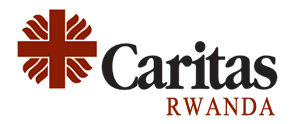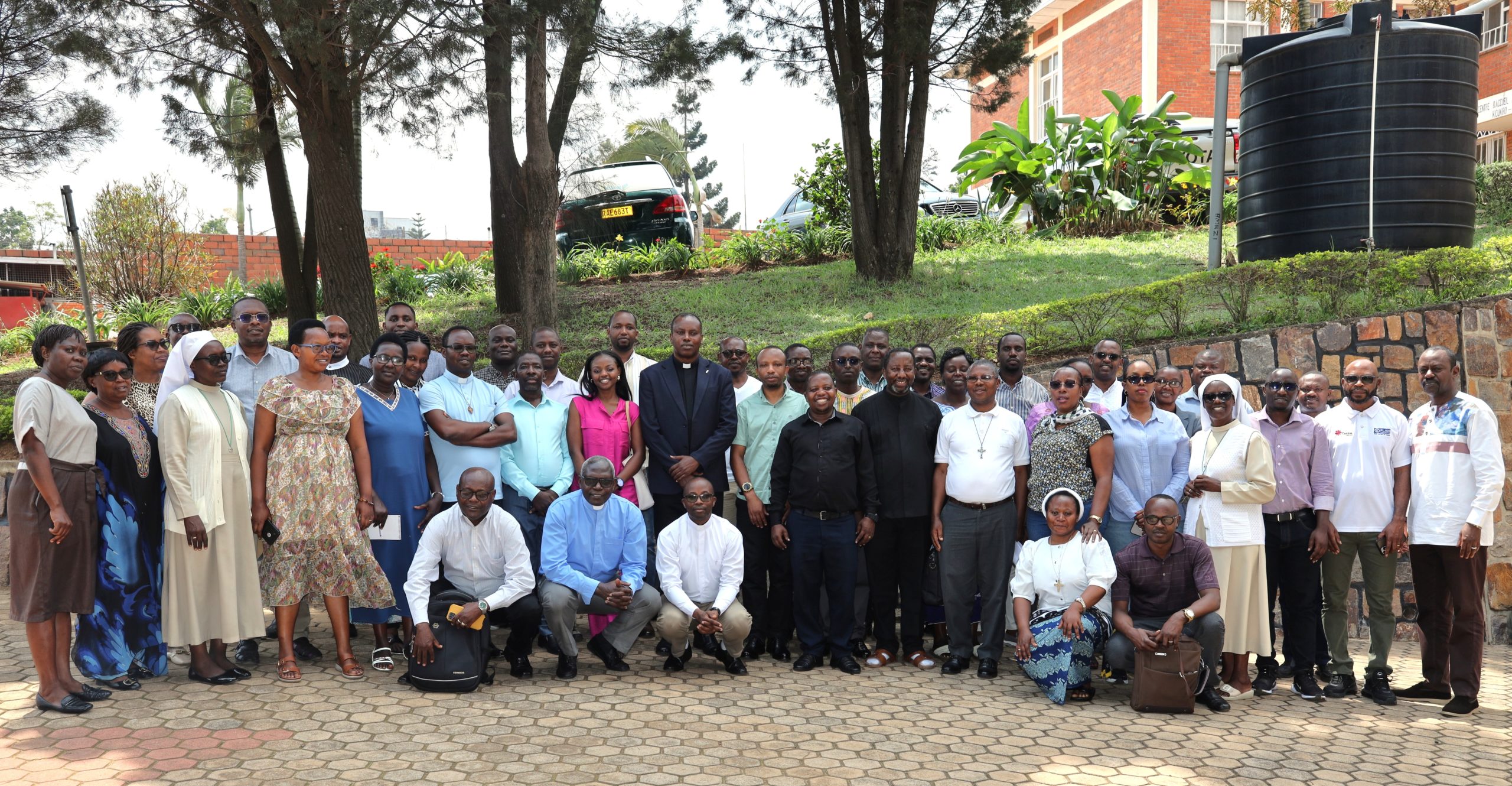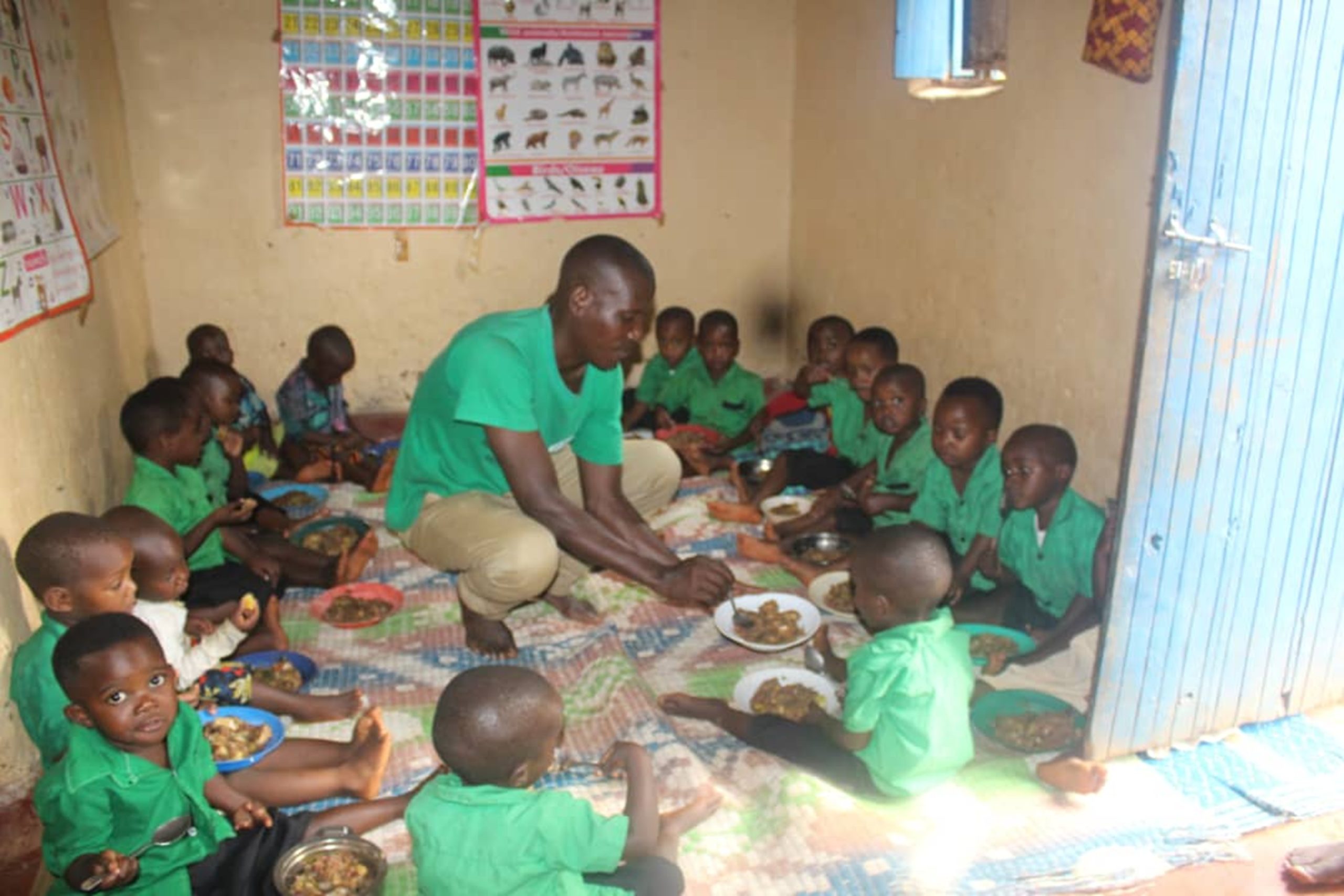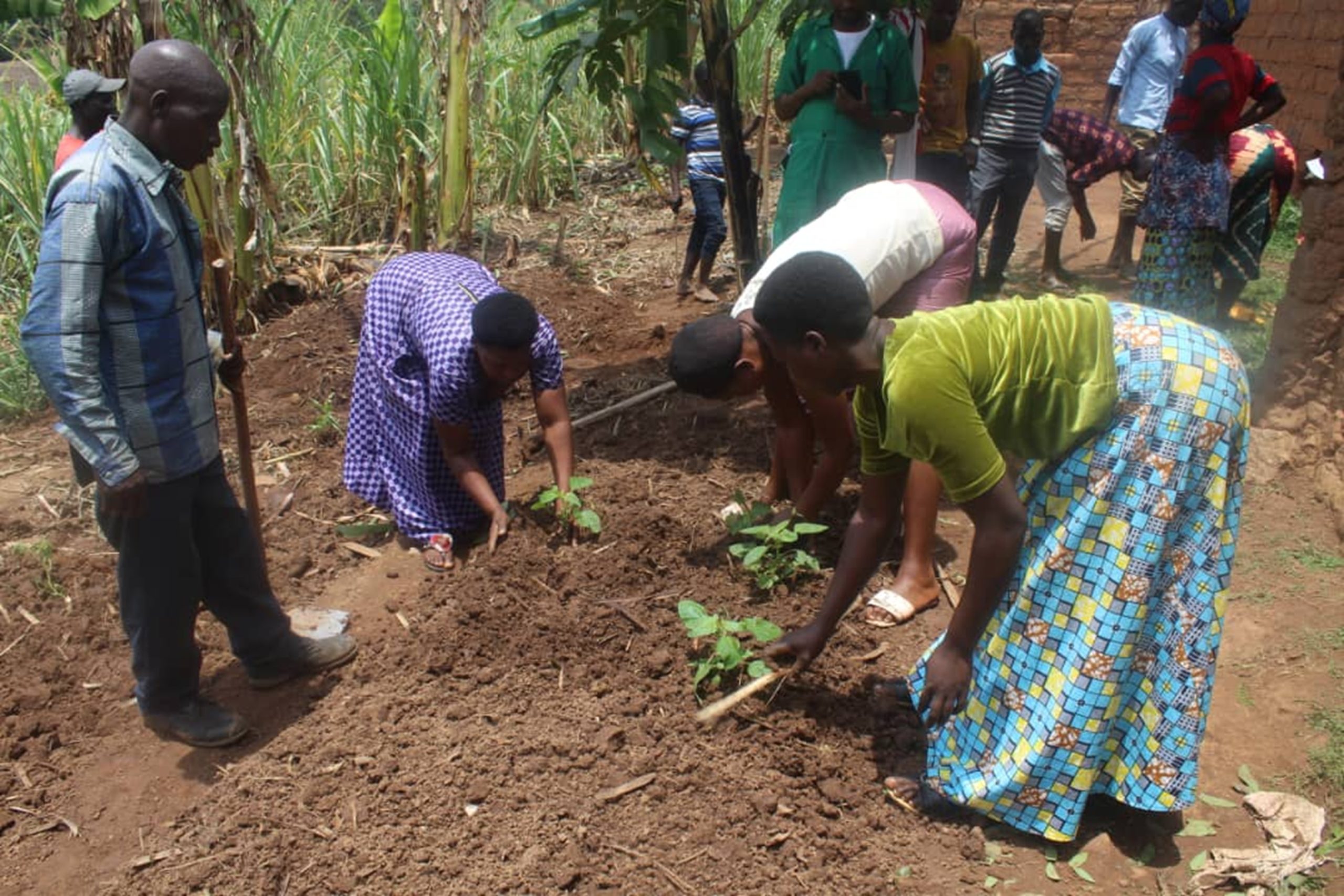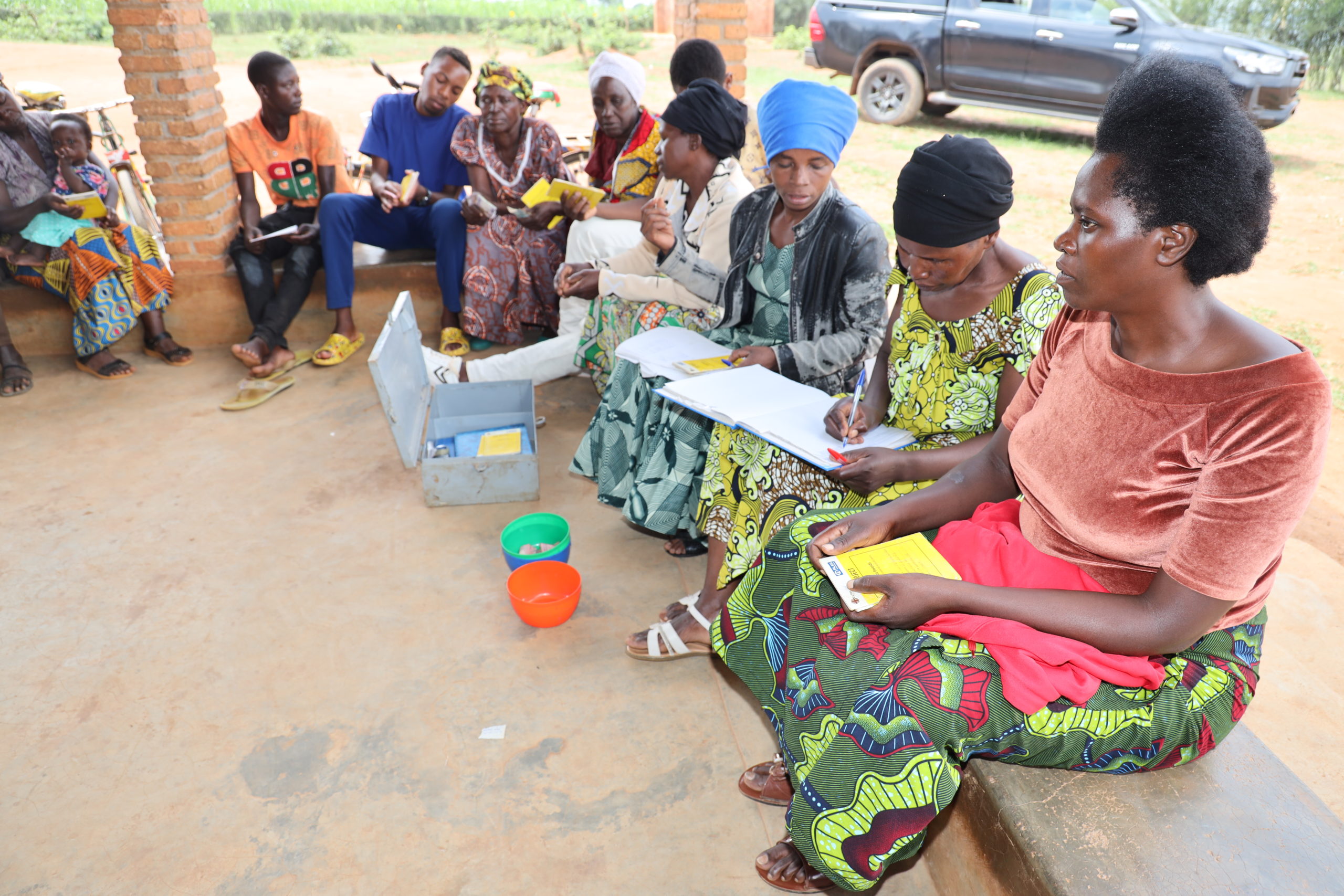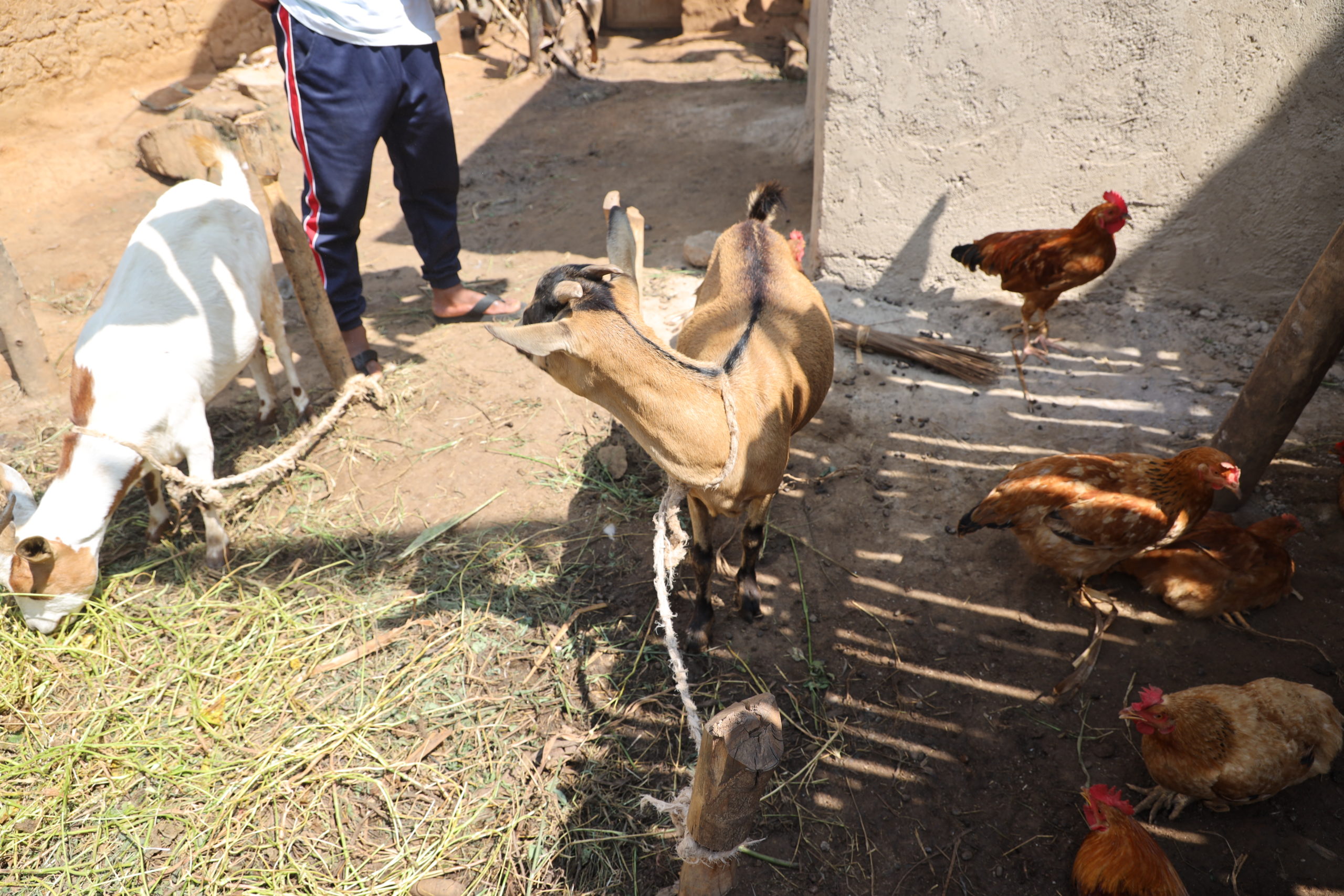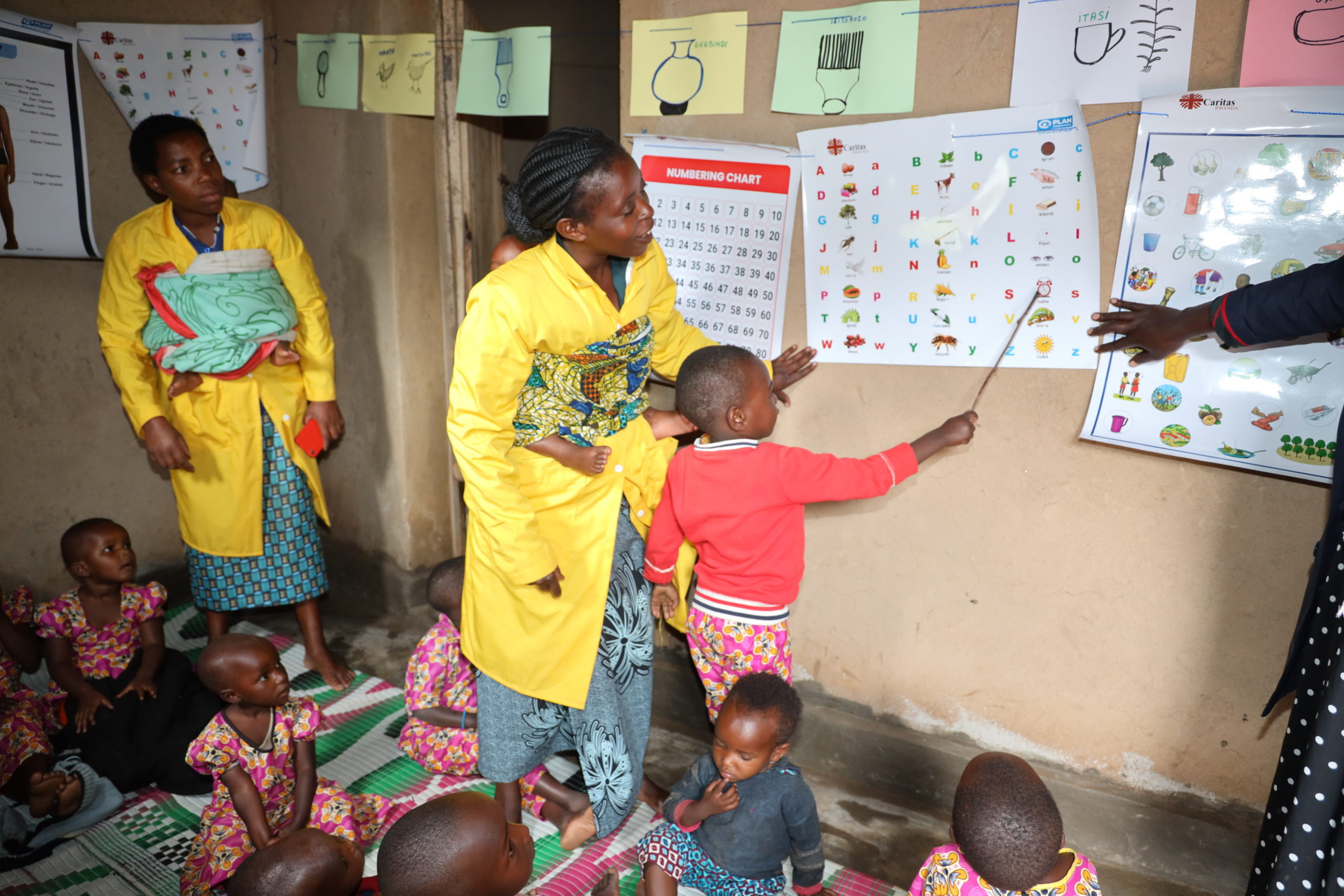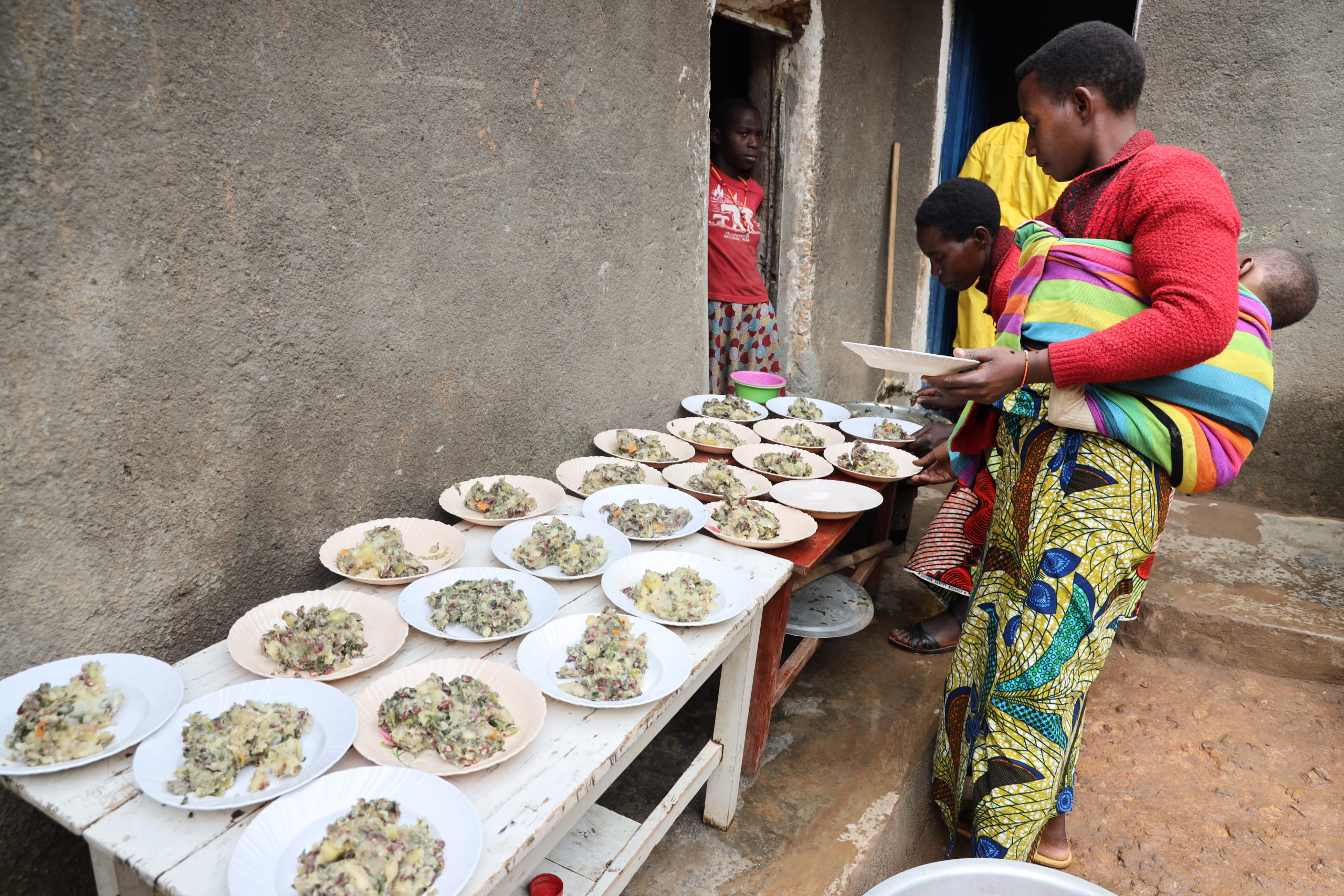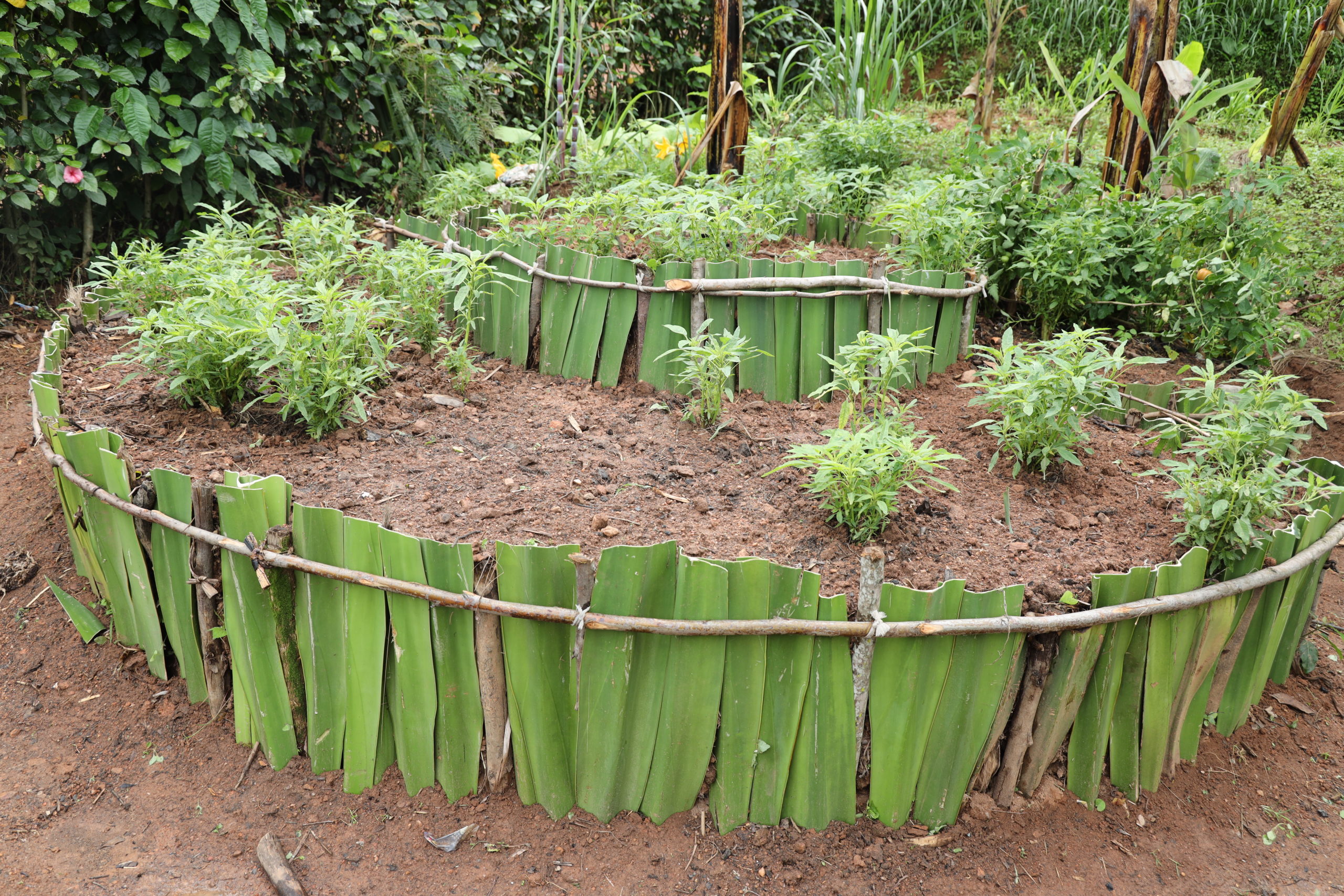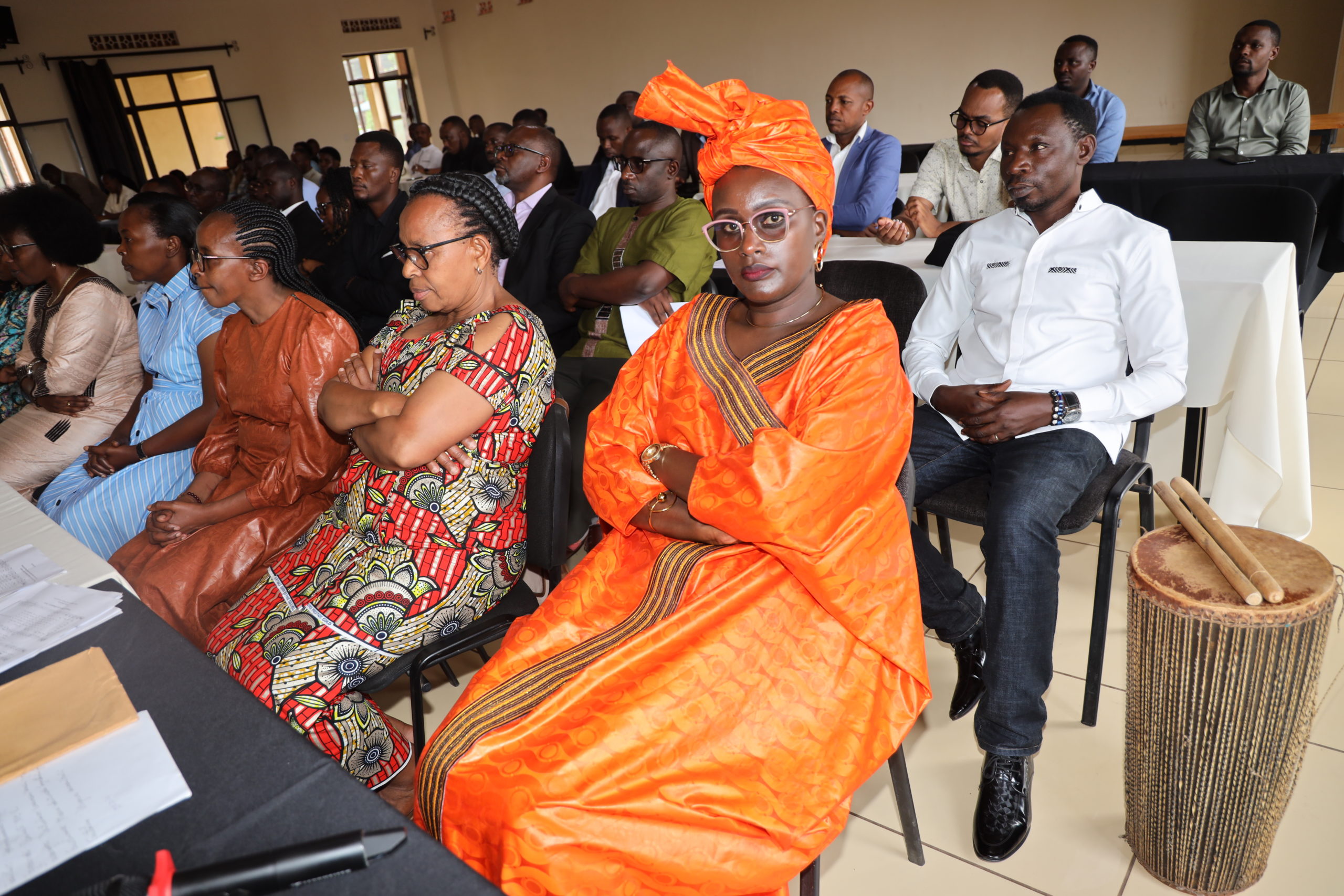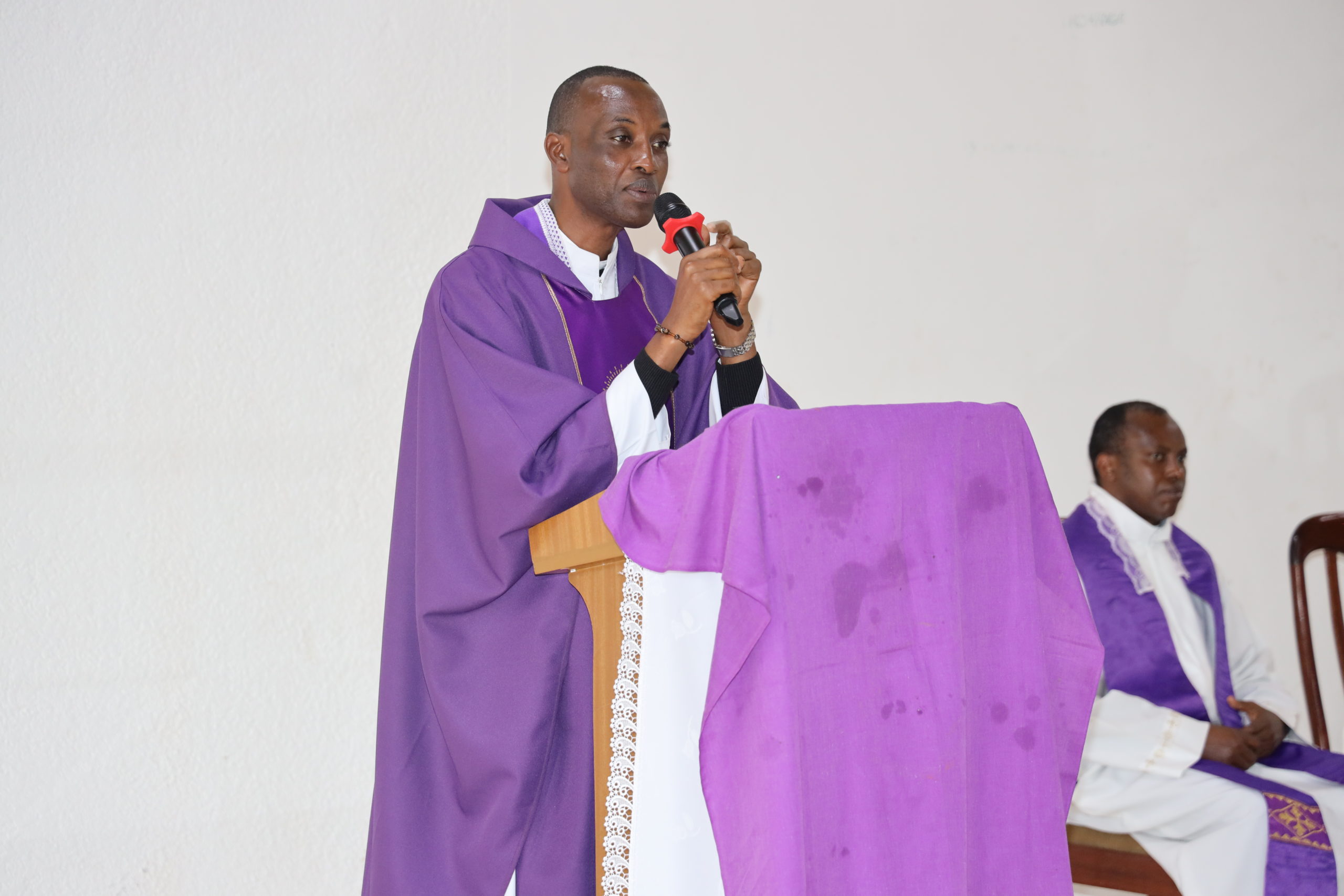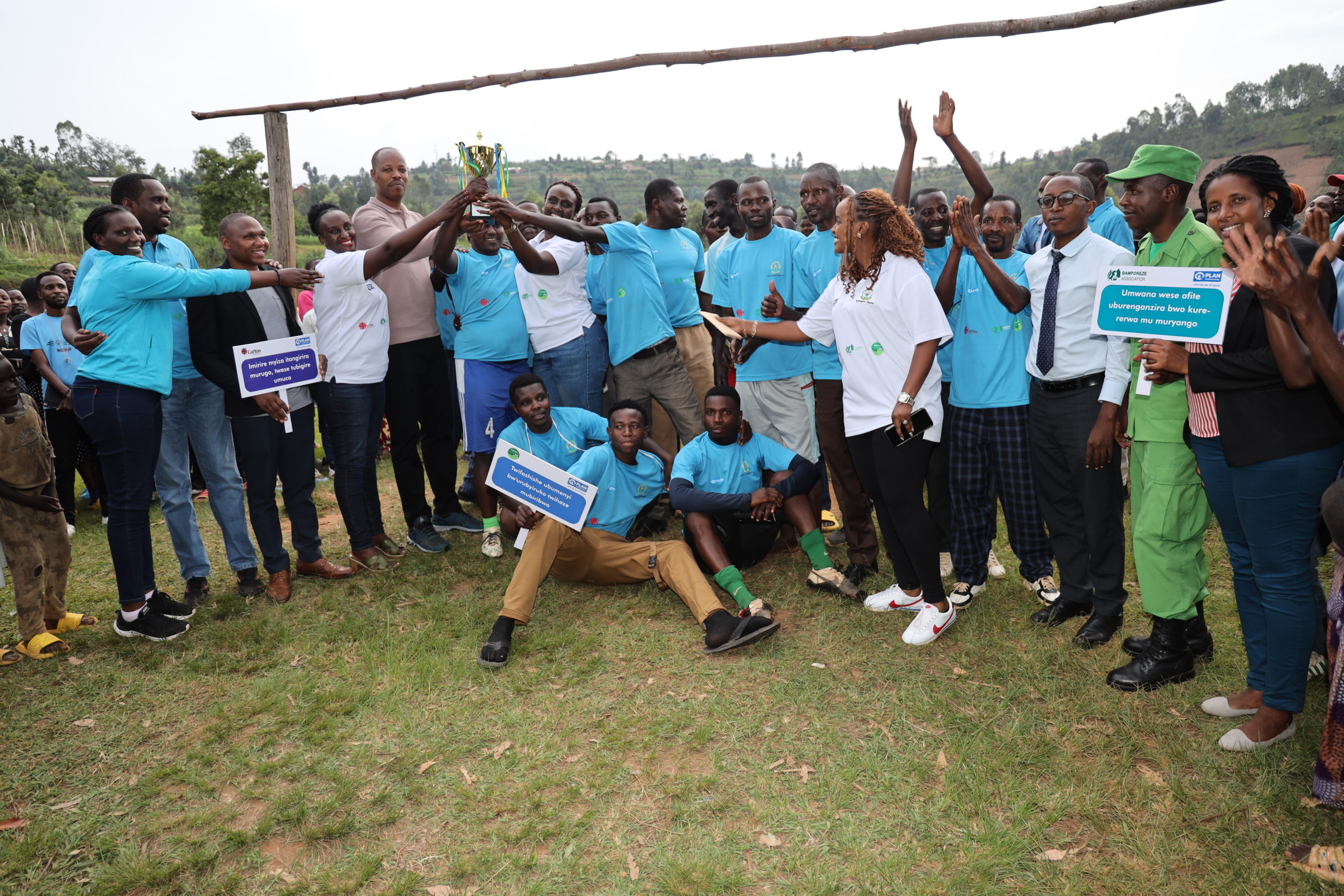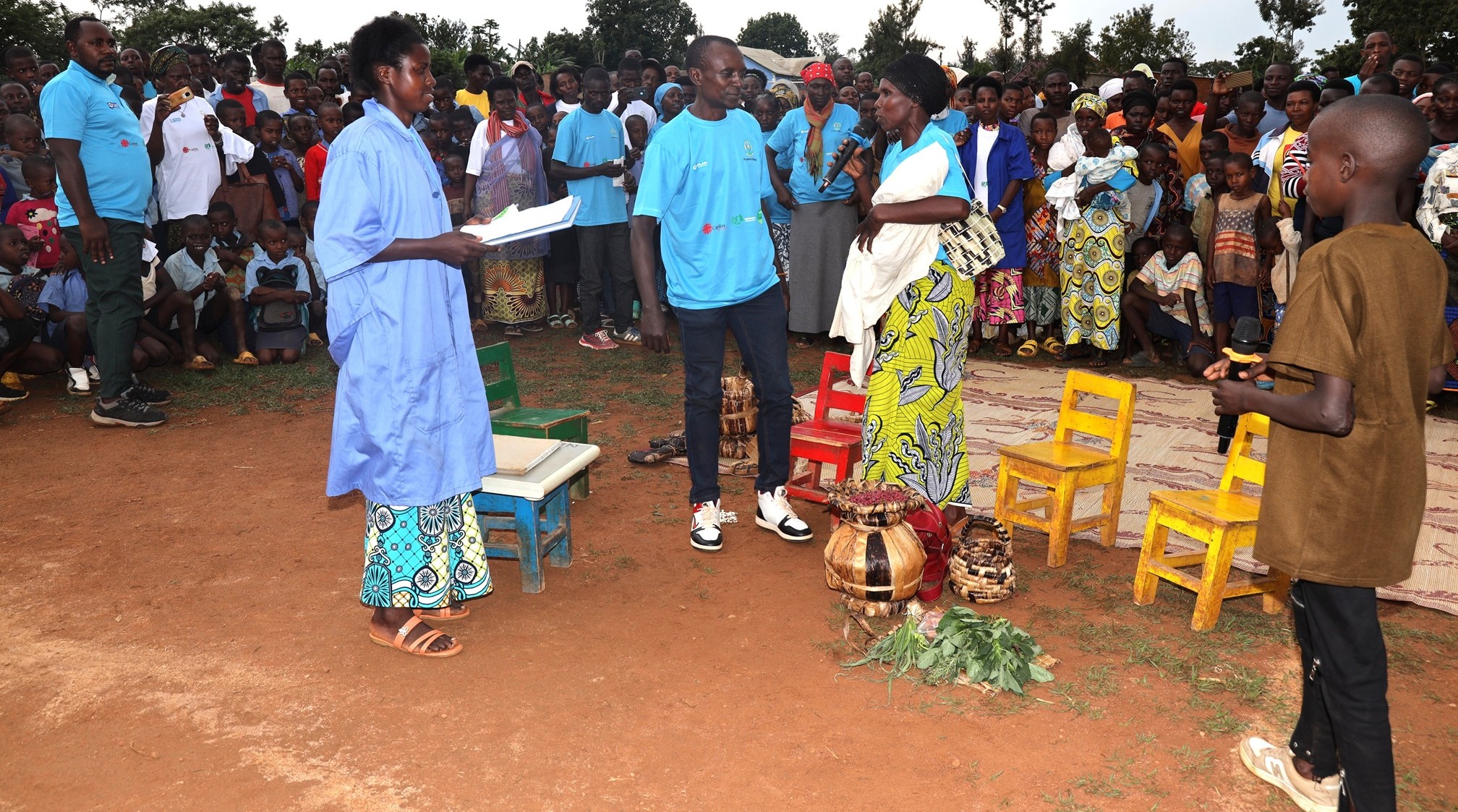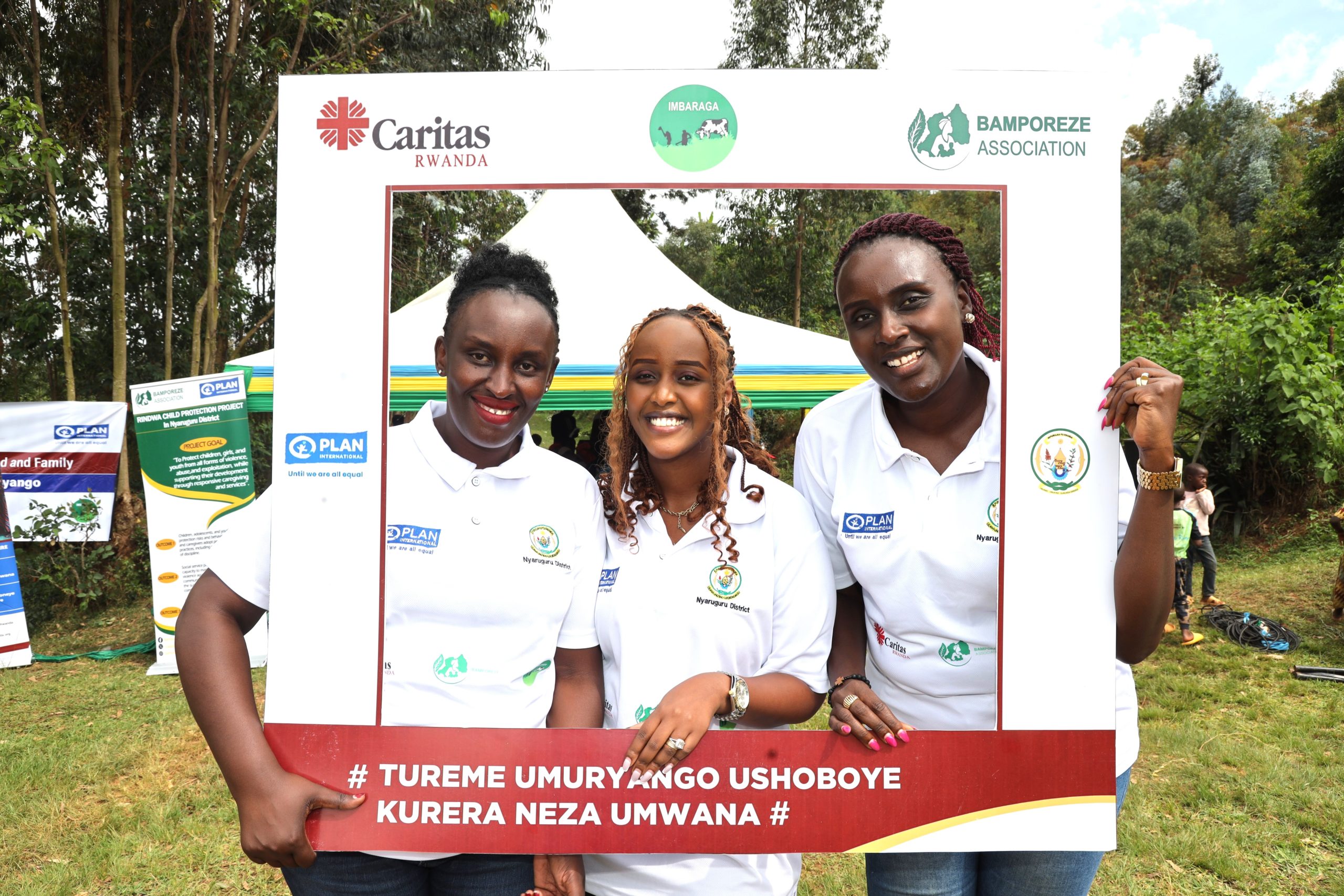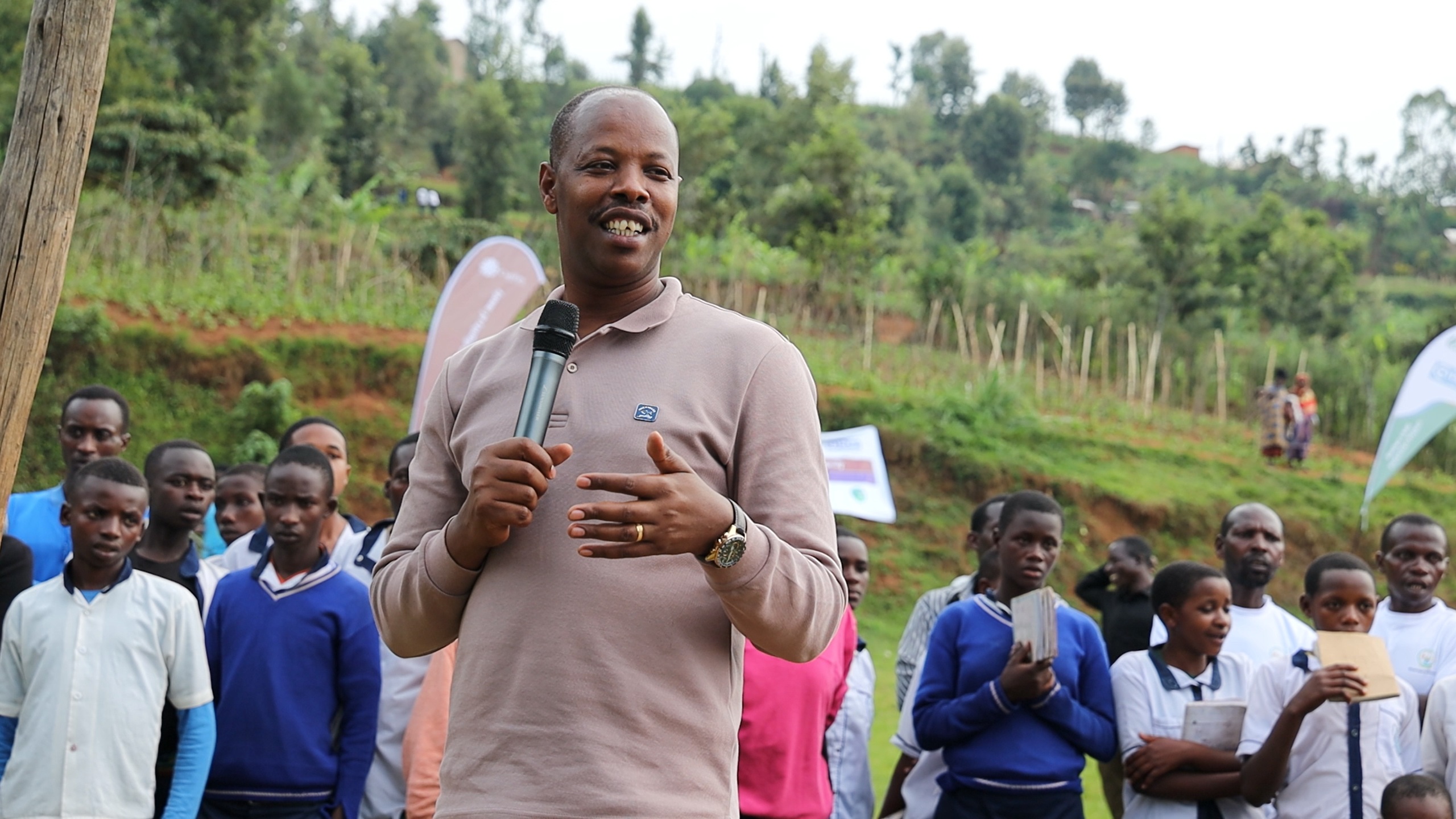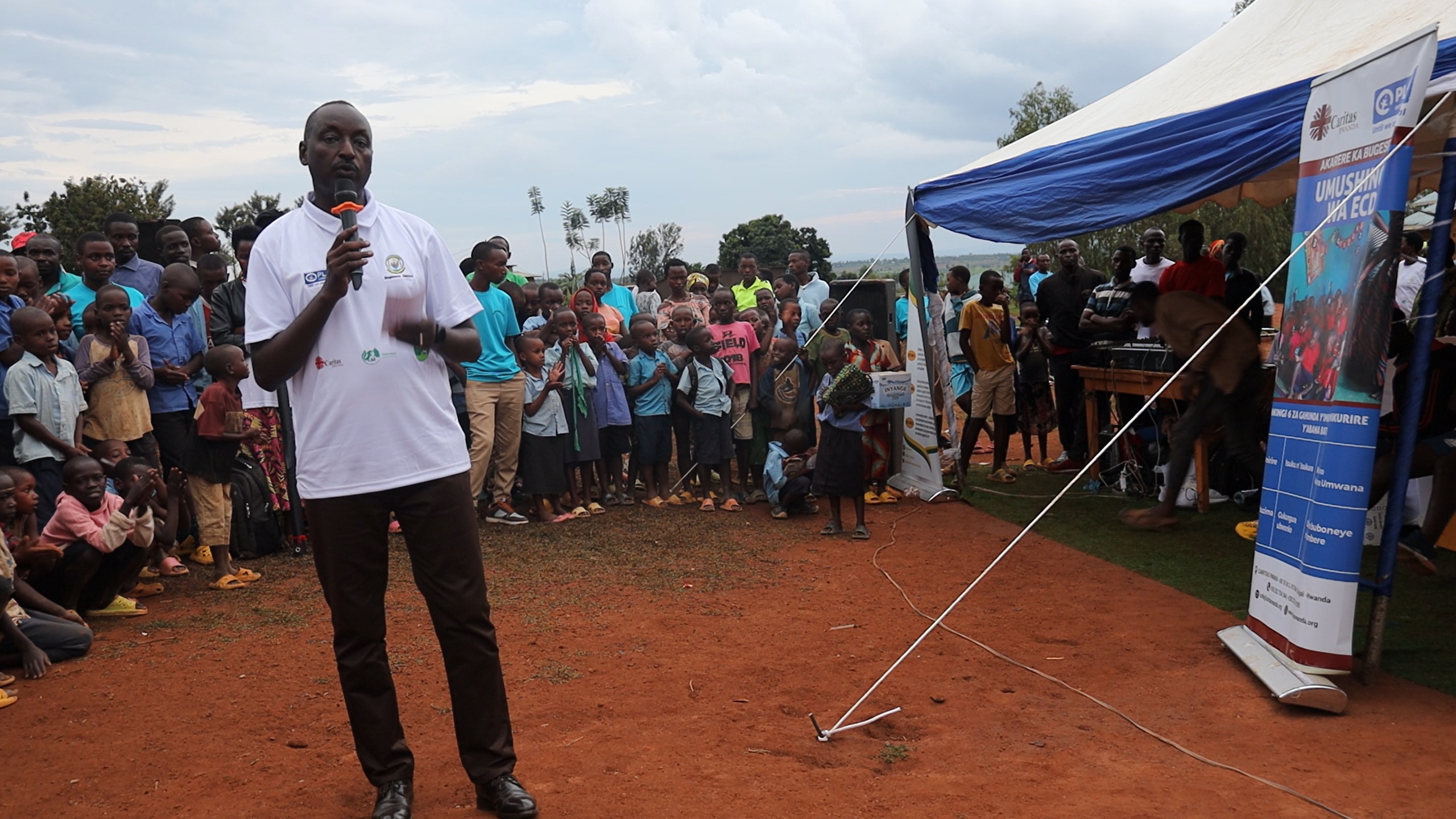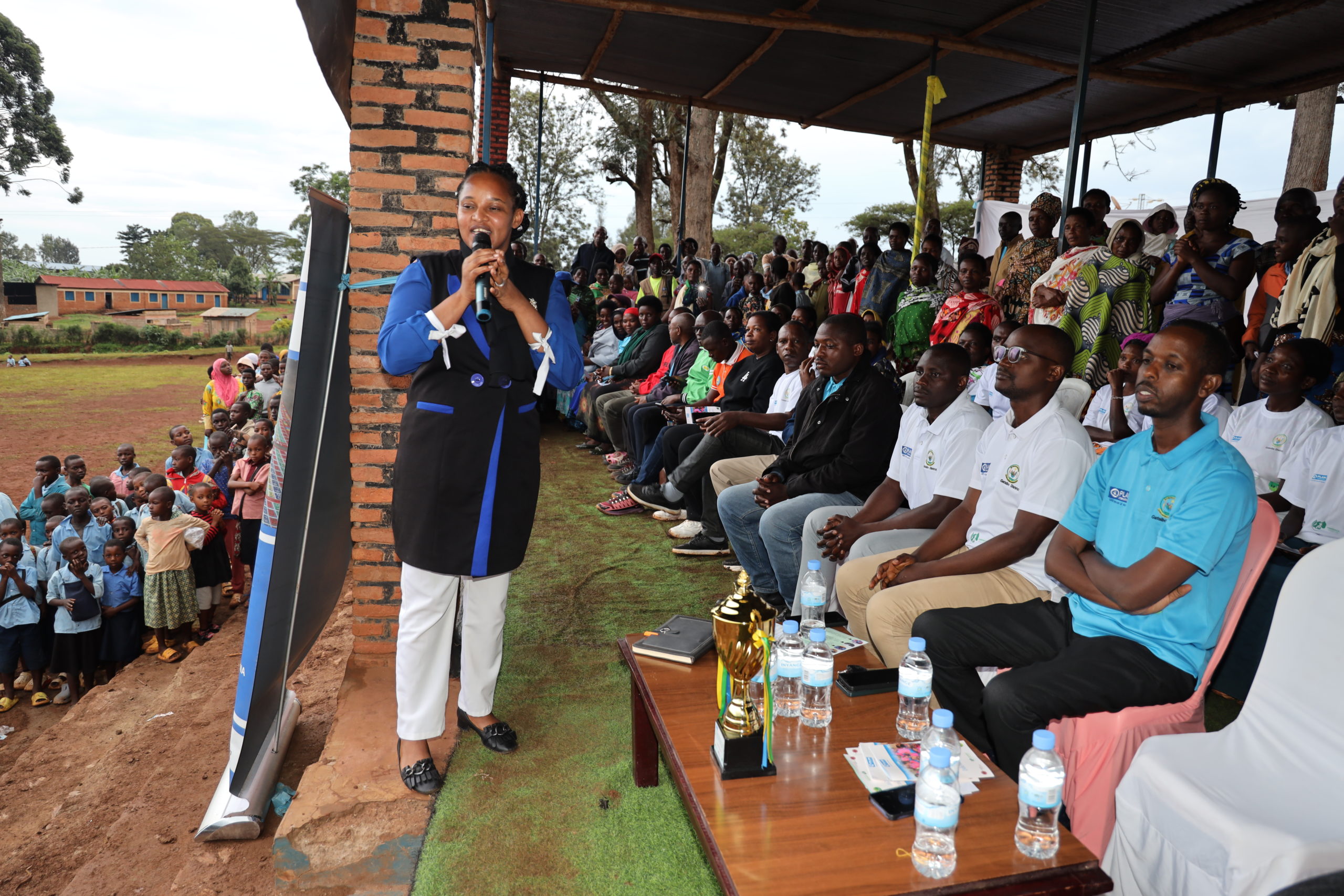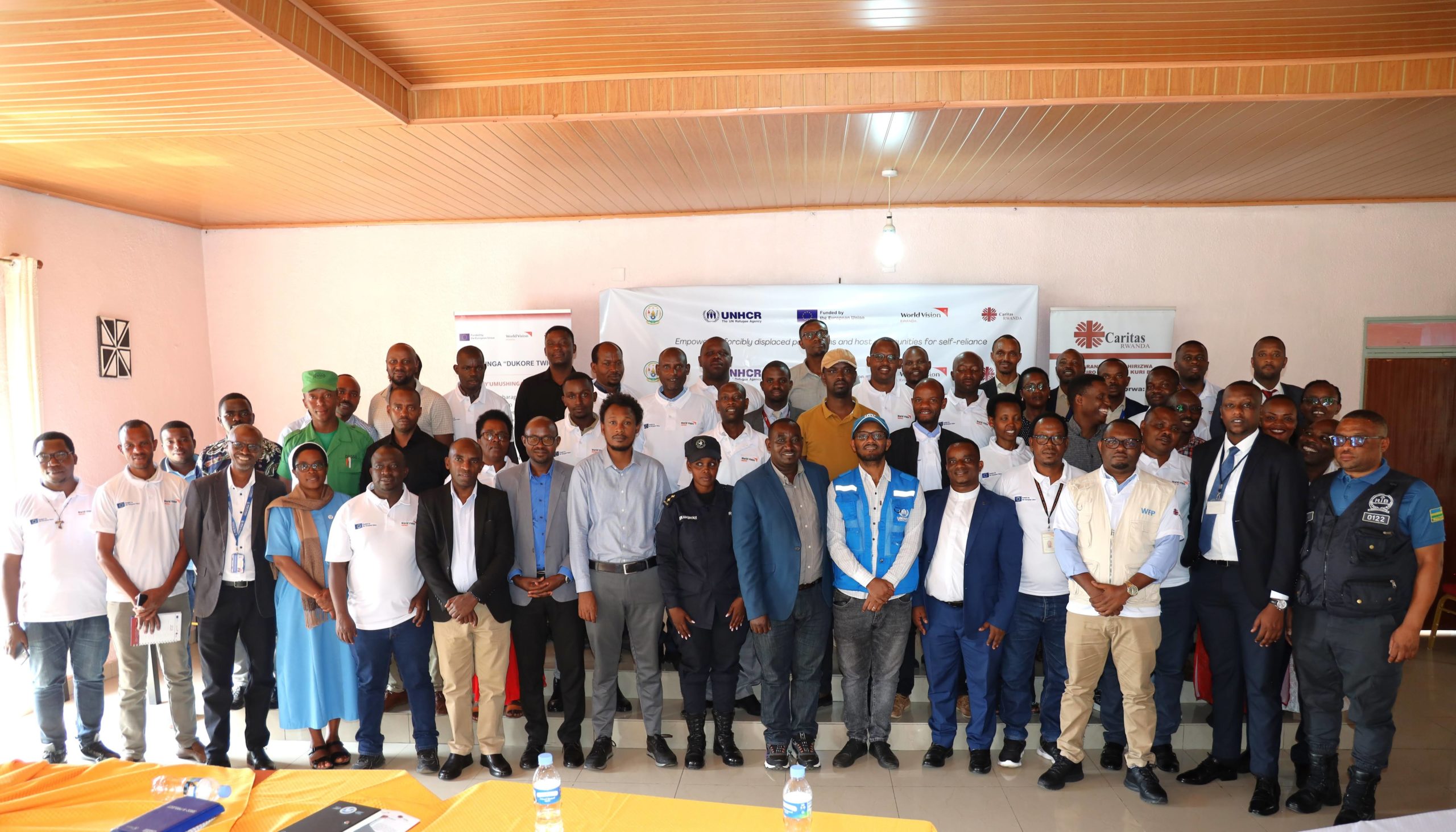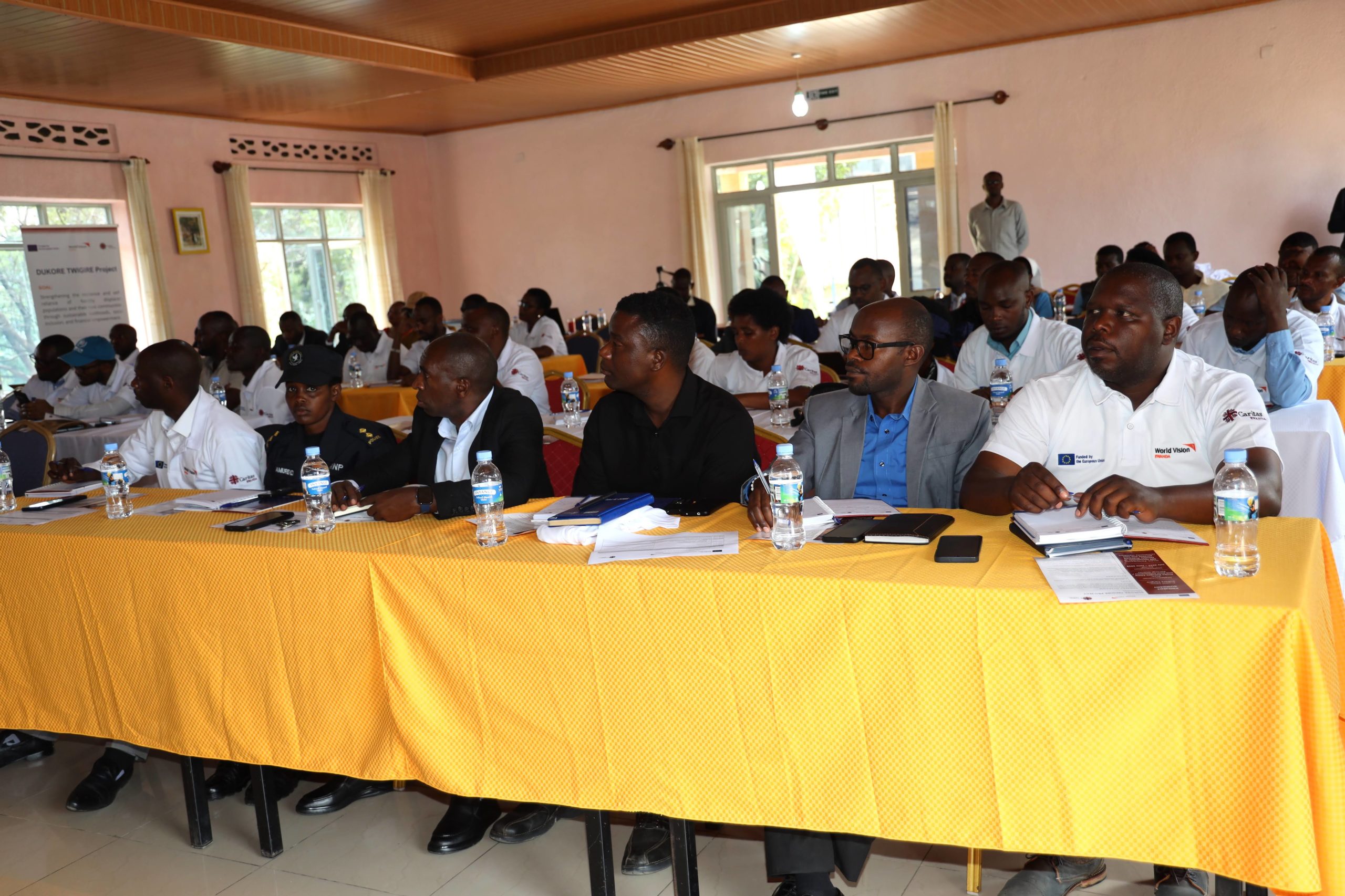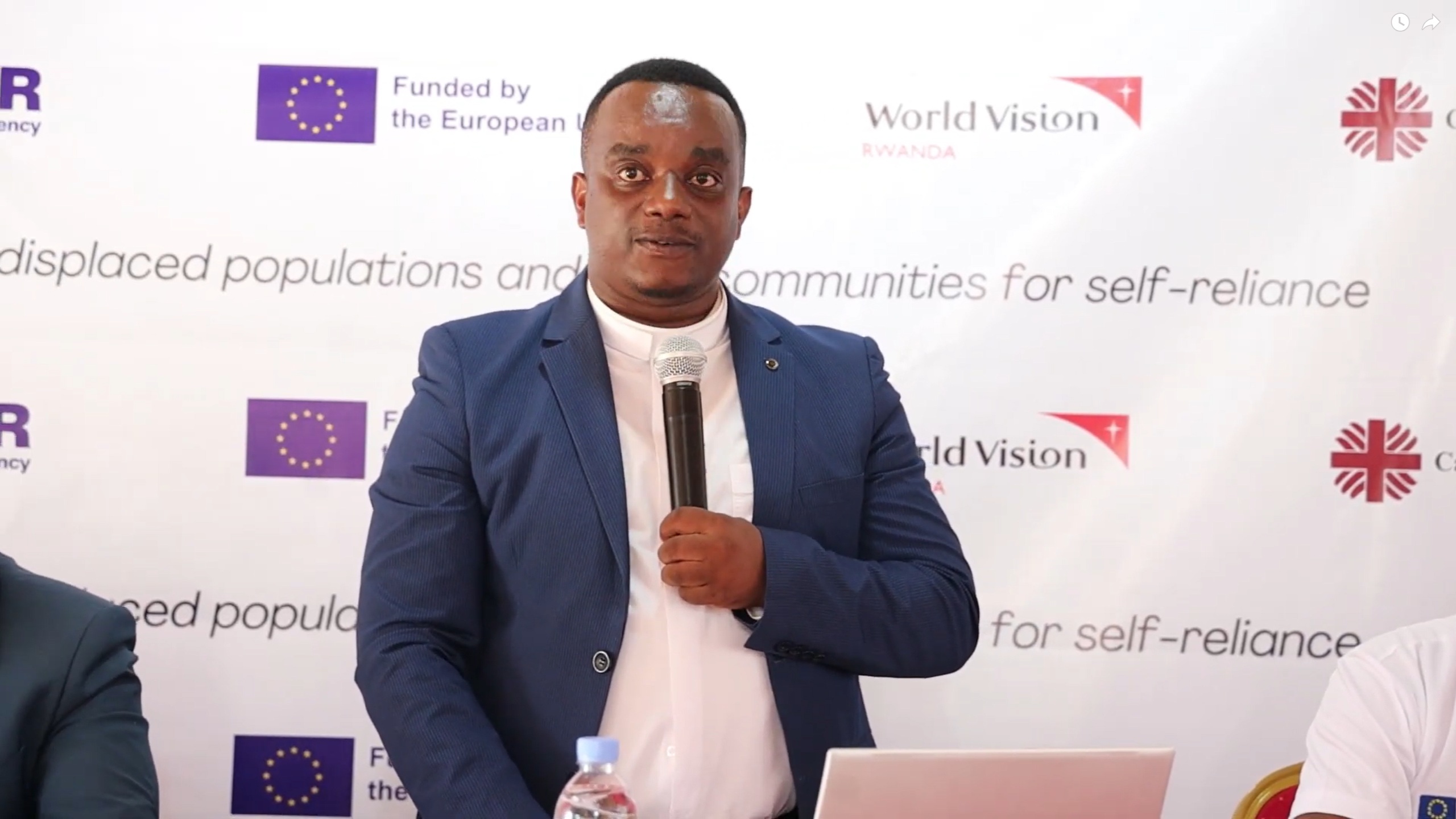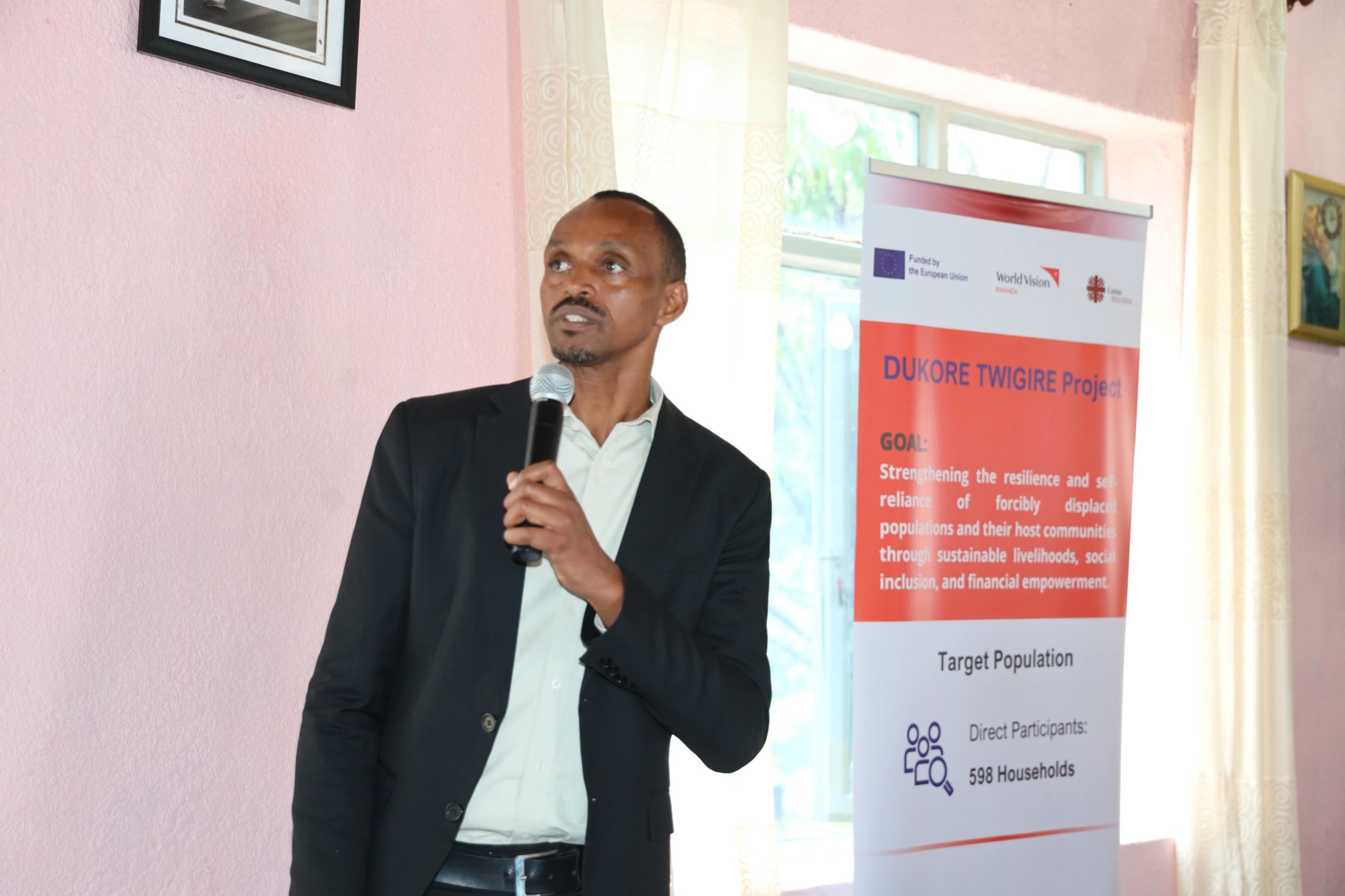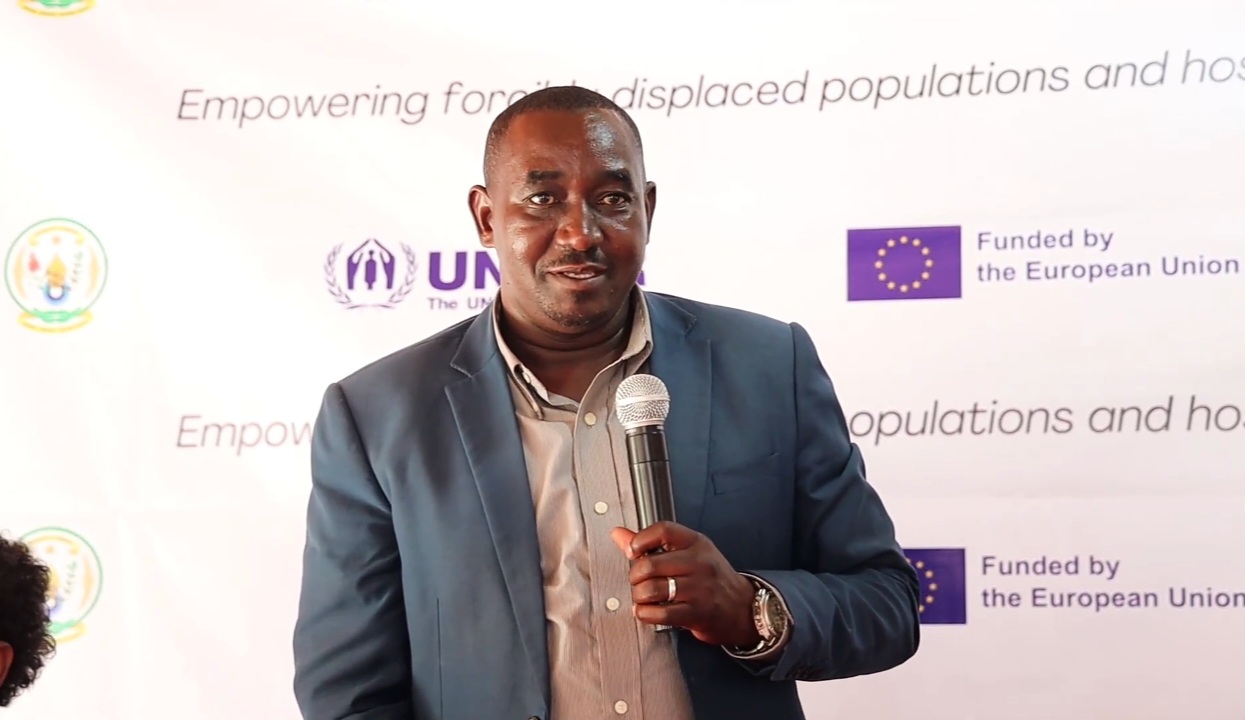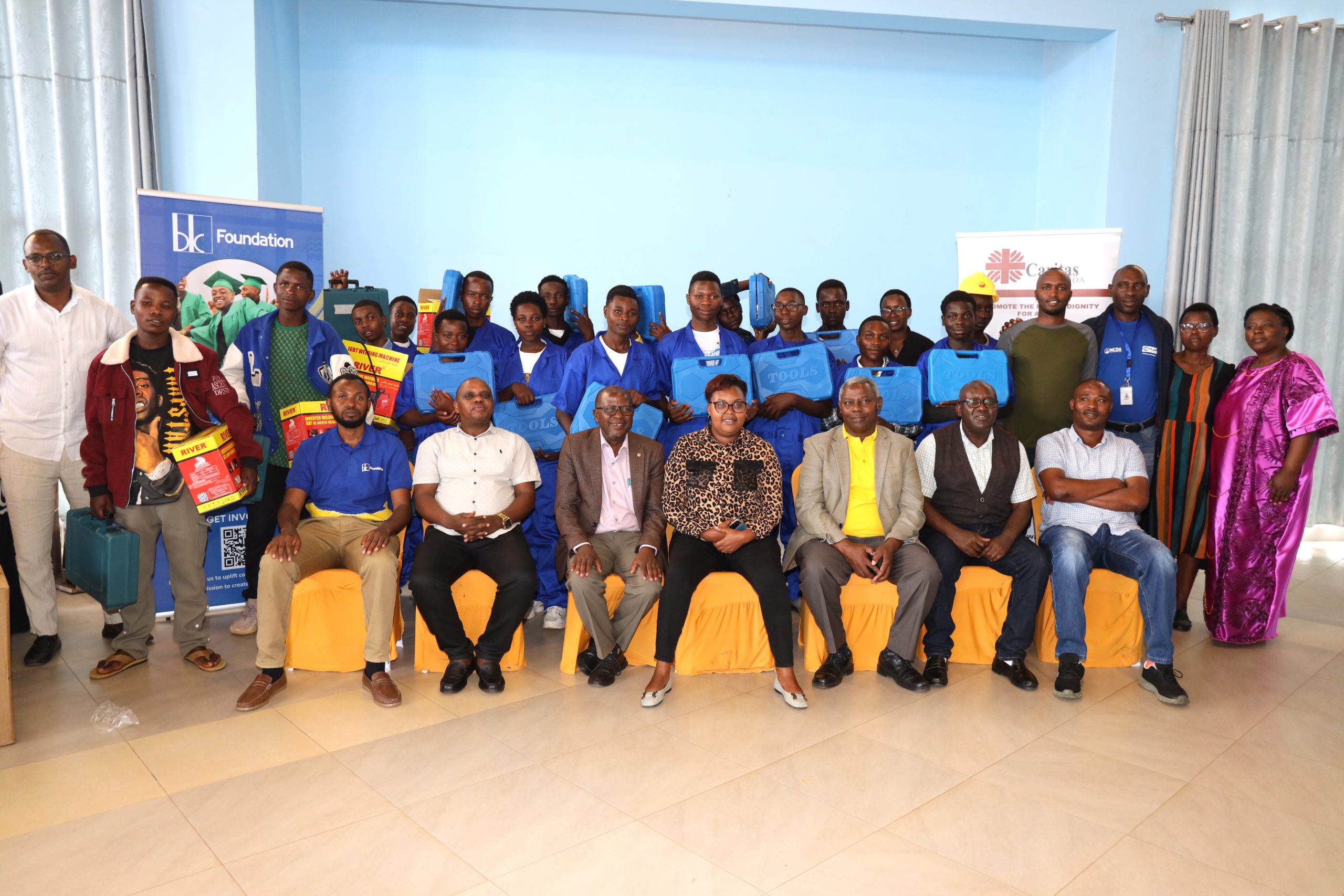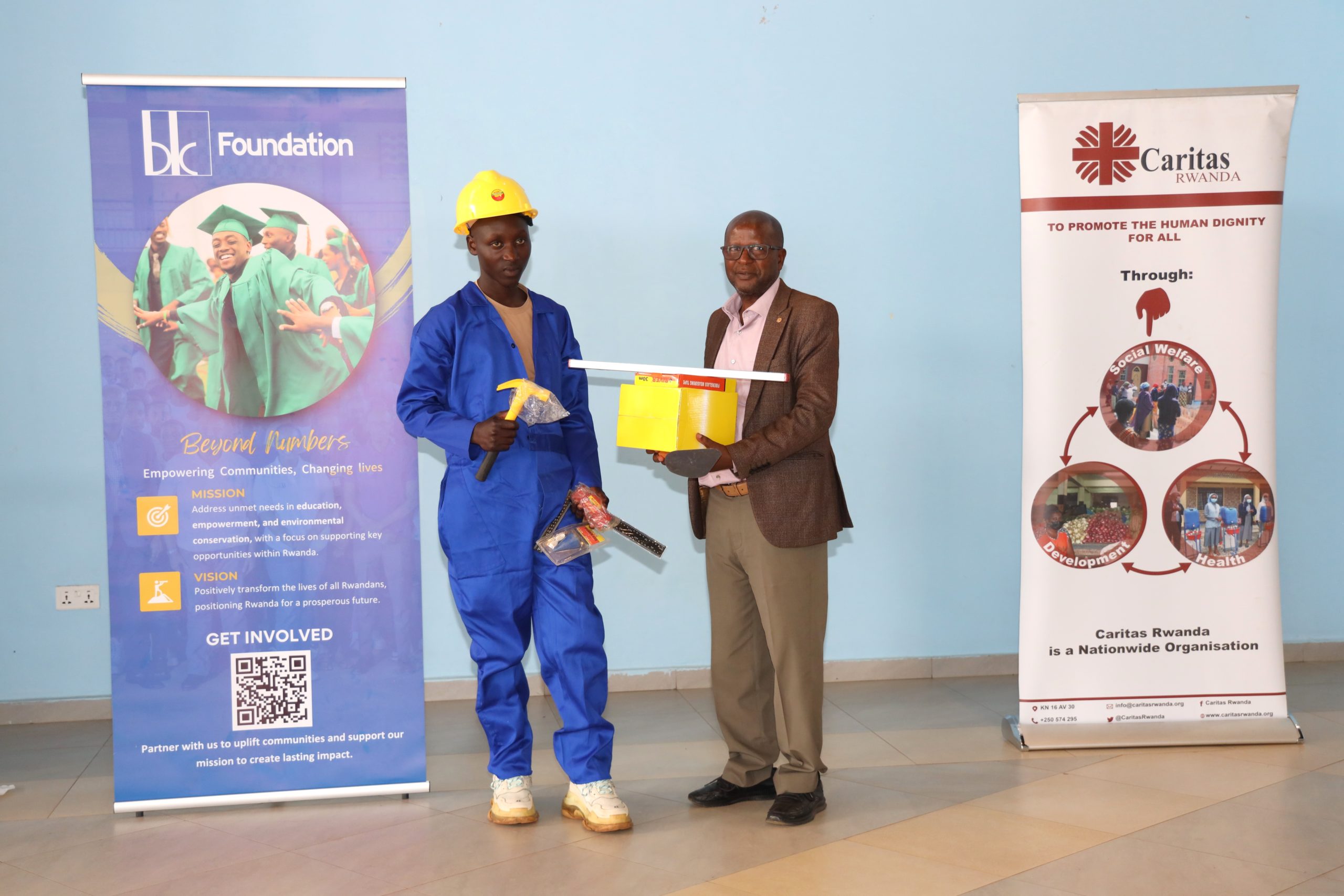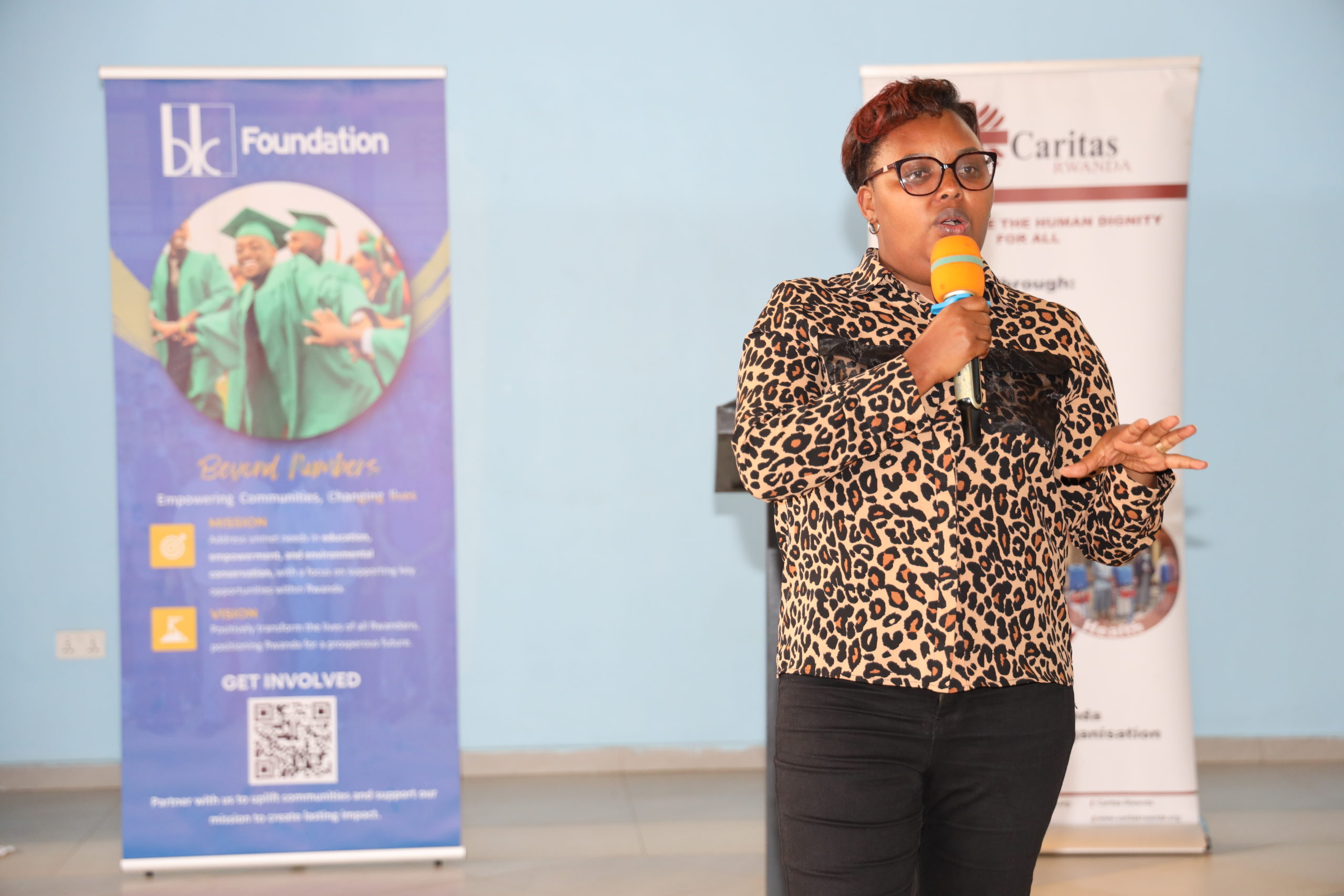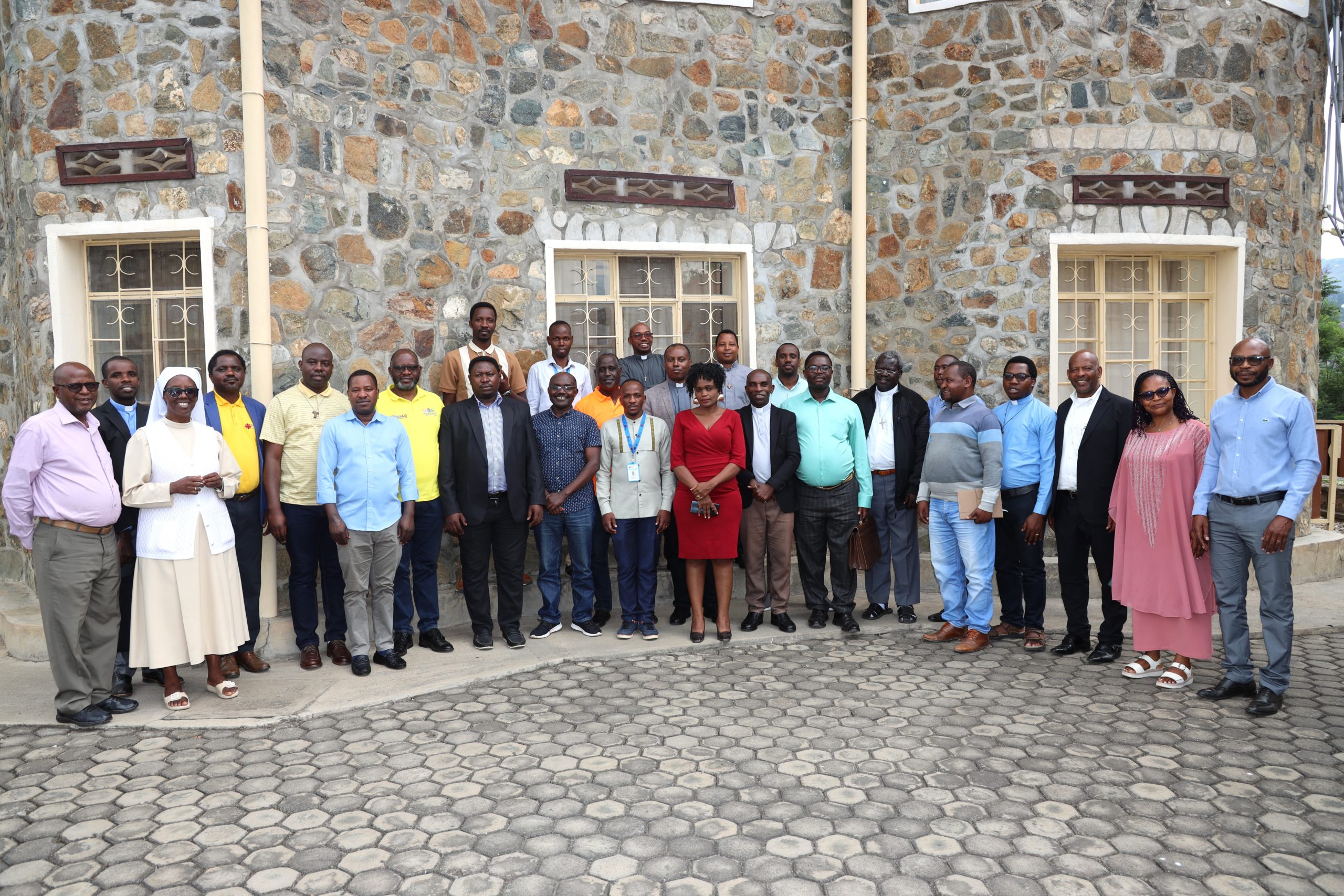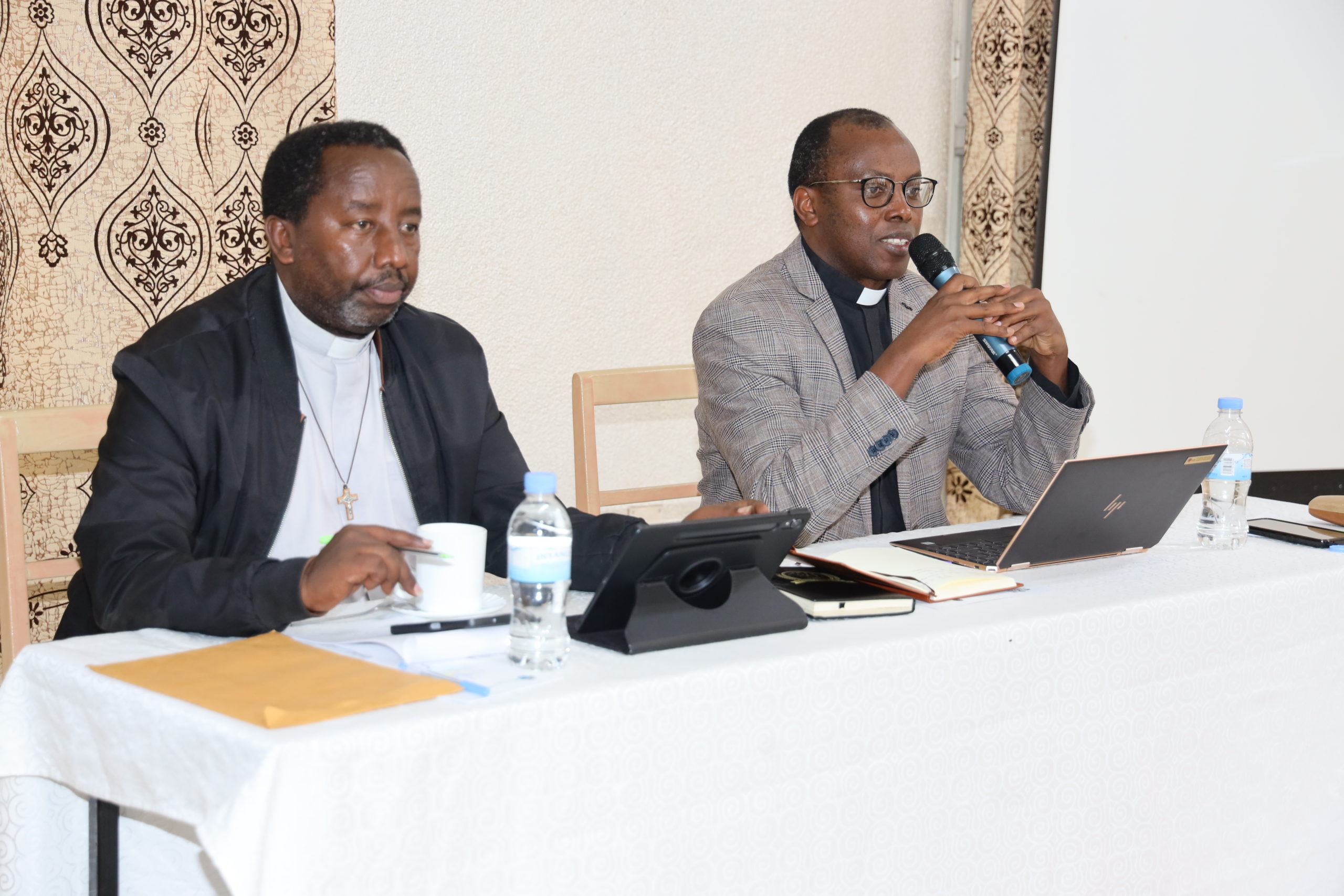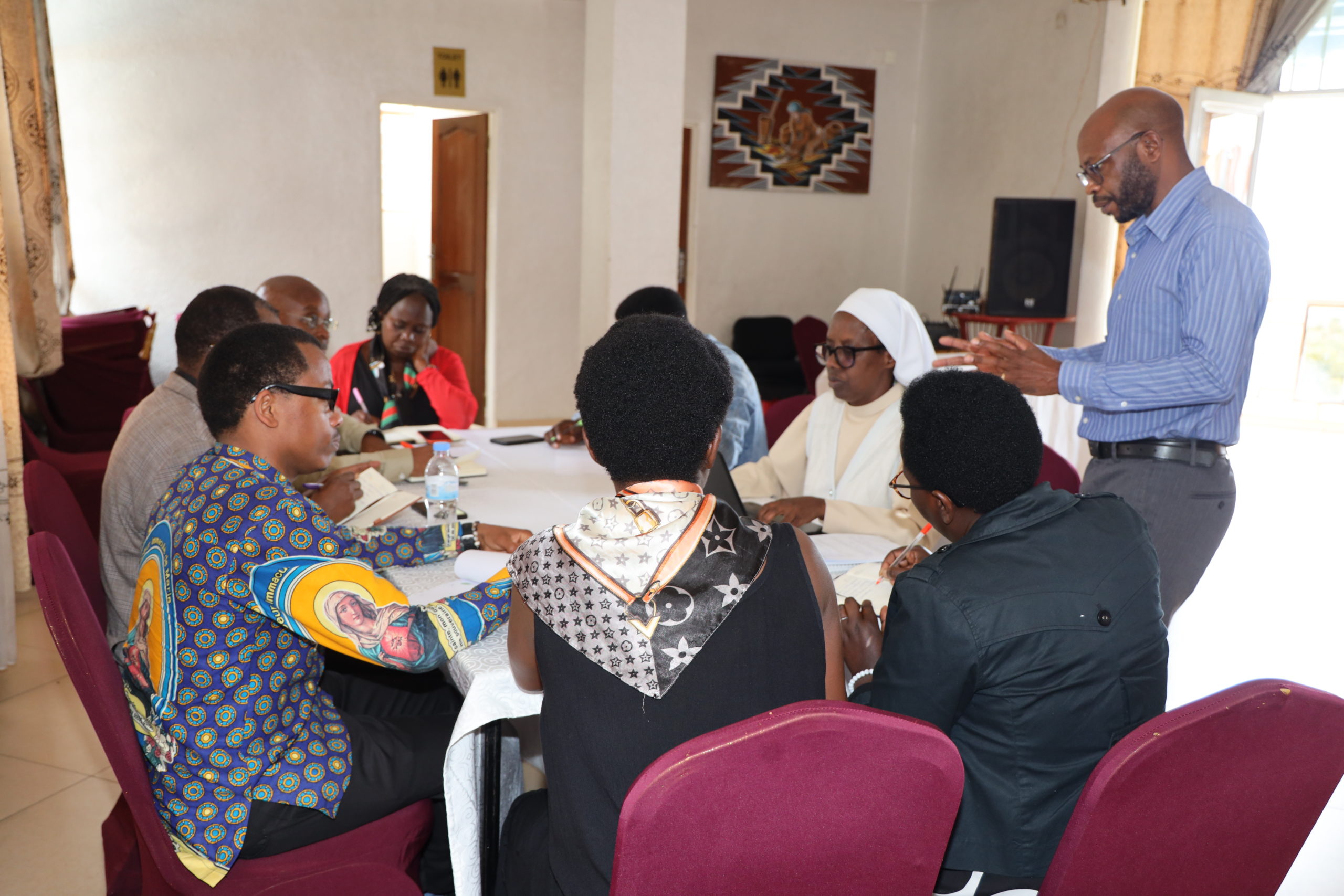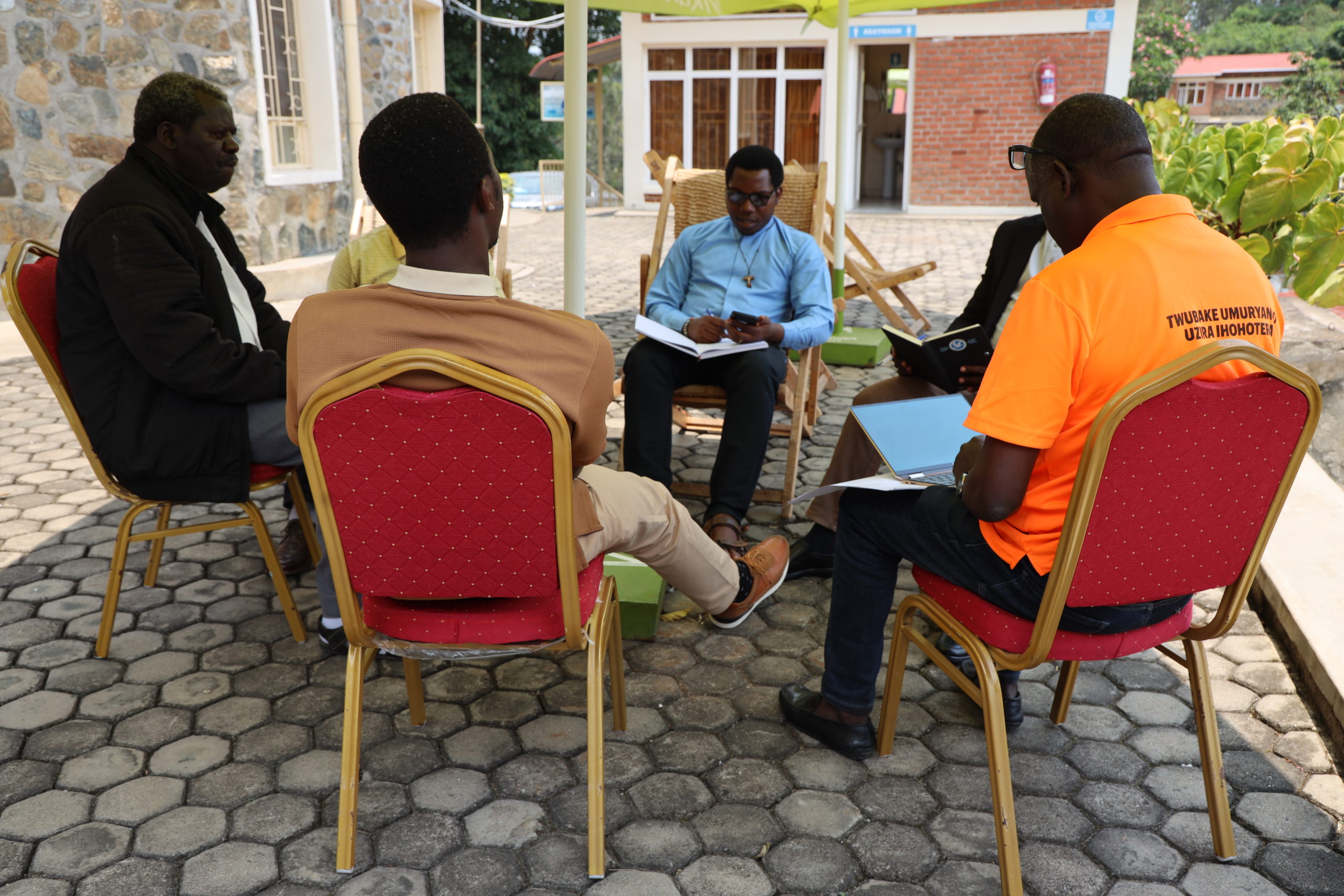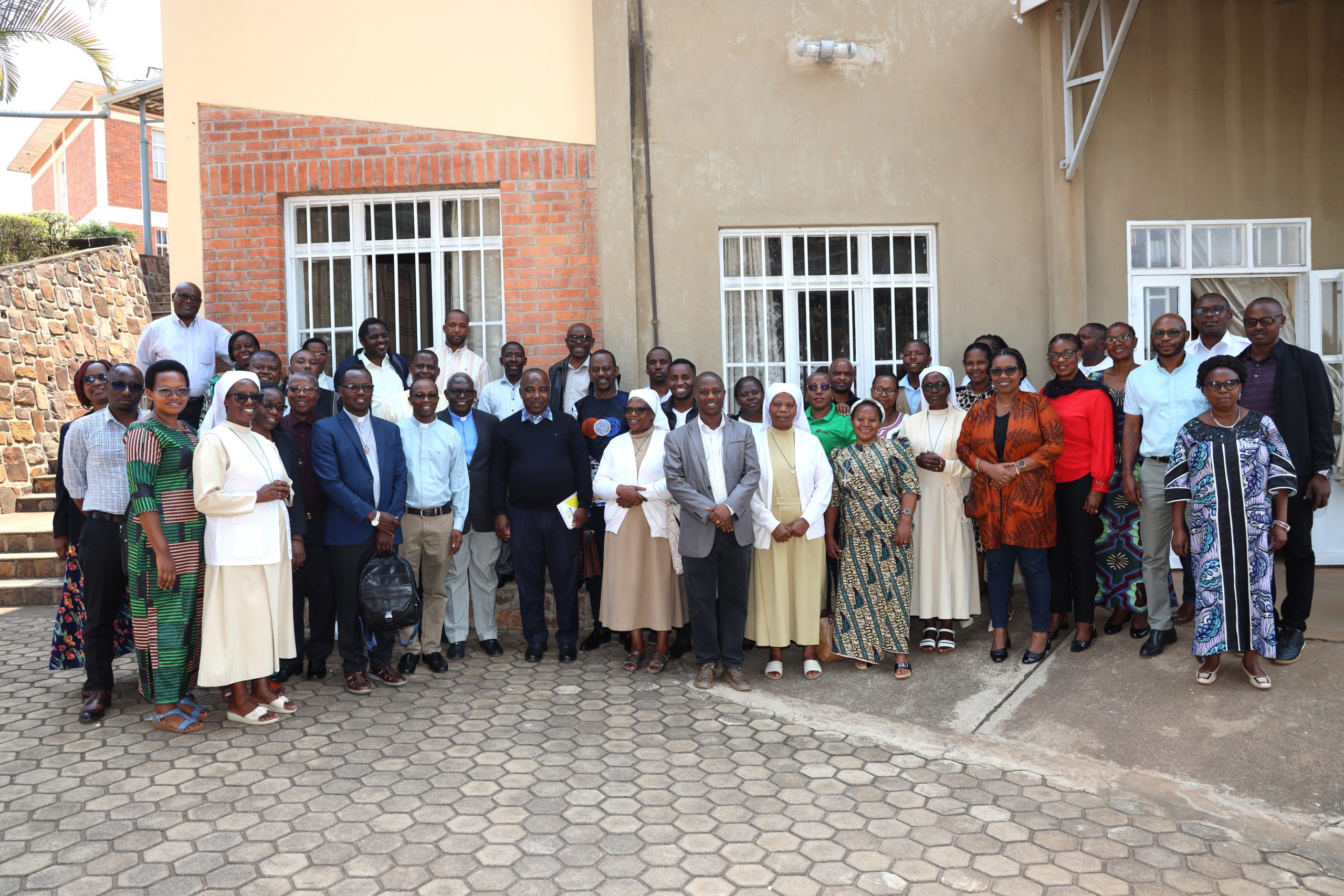As part of the preparation of the 2025 activity report and activities’ planning for 2026, Caritas Rwanda and the 10 Diocesan Caritas met from 29th to 30th January 2026 at Centre d’Accueil Bonne Espérance in Kicukiro. The meeting also aimed to strengthen coordination and synergyn within the Caritas family.
The meeting brought together leaders and staff from the four main departments of Caritas Rwanda and the Diocesan Caritas, namely: (i) Administration and Finance, (ii) Social Welfare, (iii) Health, and (iv) Development.
The objective was to jointly review key achievements, plan upcoming priorities, and reinforce cooperation within the Caritas network.
While officially opening the meeting, Fr. Emmanuel Bamporineza, Deputy Secretary General of Caritas Rwanda, representing the Secretary General, emphasized the importance of unity within the Caritas family, noting that all Caritas institutions share the same mission and vision. “This is a very important exercise that helps us complement one another so that we can achieve the goals we set for ourselves or those entrusted to us by the Bishops. It will also help us prepare for the Caritas Rwanda General Assembly scheduled for March this year.”, Fr Emmanuel said.
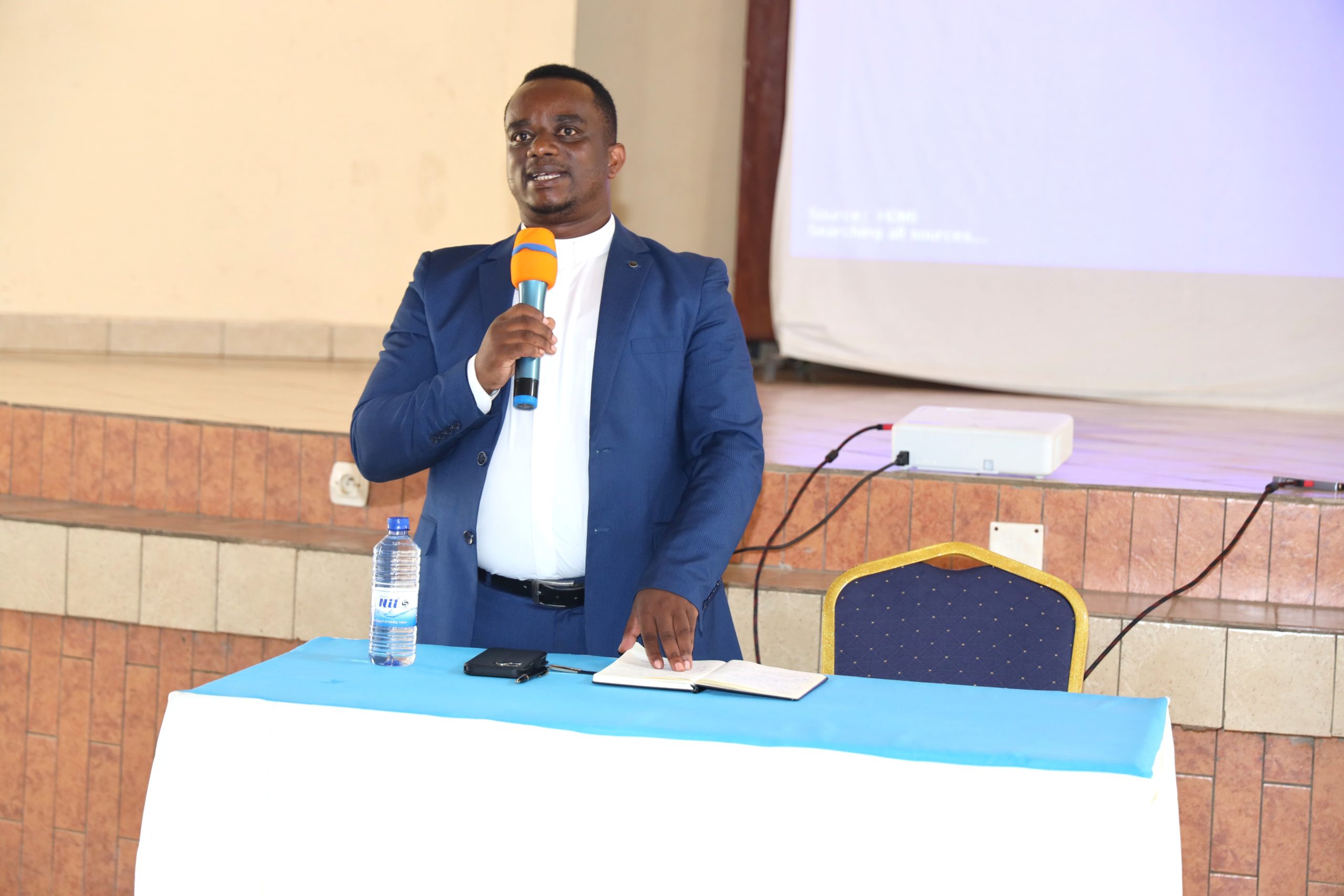
Fr. Emmanuel concluded his remarks by welcoming all participants and encouraging everyone to actively contribute their ideas, energy, and time to ensure the success of the meeting.
In preparing the 2025 activity report and planning for 2026, participants worked in groups according to the four Caritas departments, reviewing progress made toward the seven strategic objectives outlined in Caritas Rwanda’s 2025–2030 Strategic Plan[1].
According to the presentations from the group work, most of the activities planned for 2025 were successfully implemented. However, some projects could not be completed due to the suspension of external funding that occurred during 2025.
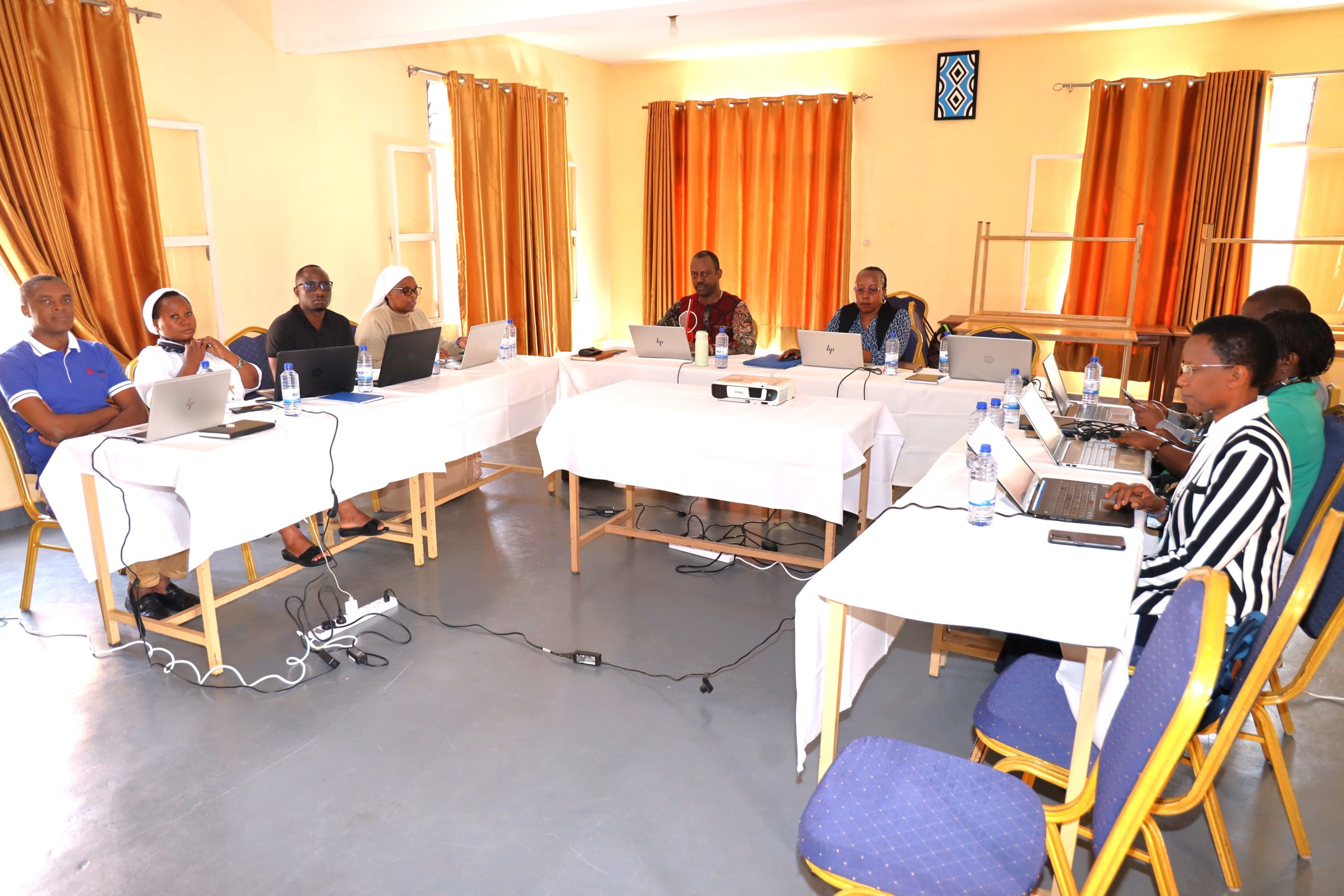
Participants were also reminded of the existence of the Caritas’ database, which was developed to centralize information. All Diocesan Caritas and Caritas Rwanda are required to regularly input data through the four respective departments.
At the conclusion of the two-day meeting, Fr. Oscar Kagimbura, Secretary of Caritas Rwanda, reminded participants that Caritas Internationalis is the global confederation of the Catholic Church, comprising 162 national Caritas organizations worldwide. As the coordinating body for Diocesan and grassroots Caritas structures in Rwanda, Caritas Rwanda contributes financially and actively participates in Caritas Internationalis activities. This commitment positions Caritas Rwanda as a reference point, both in fulfilling its membership obligations and in contributing to international committees and working groups.
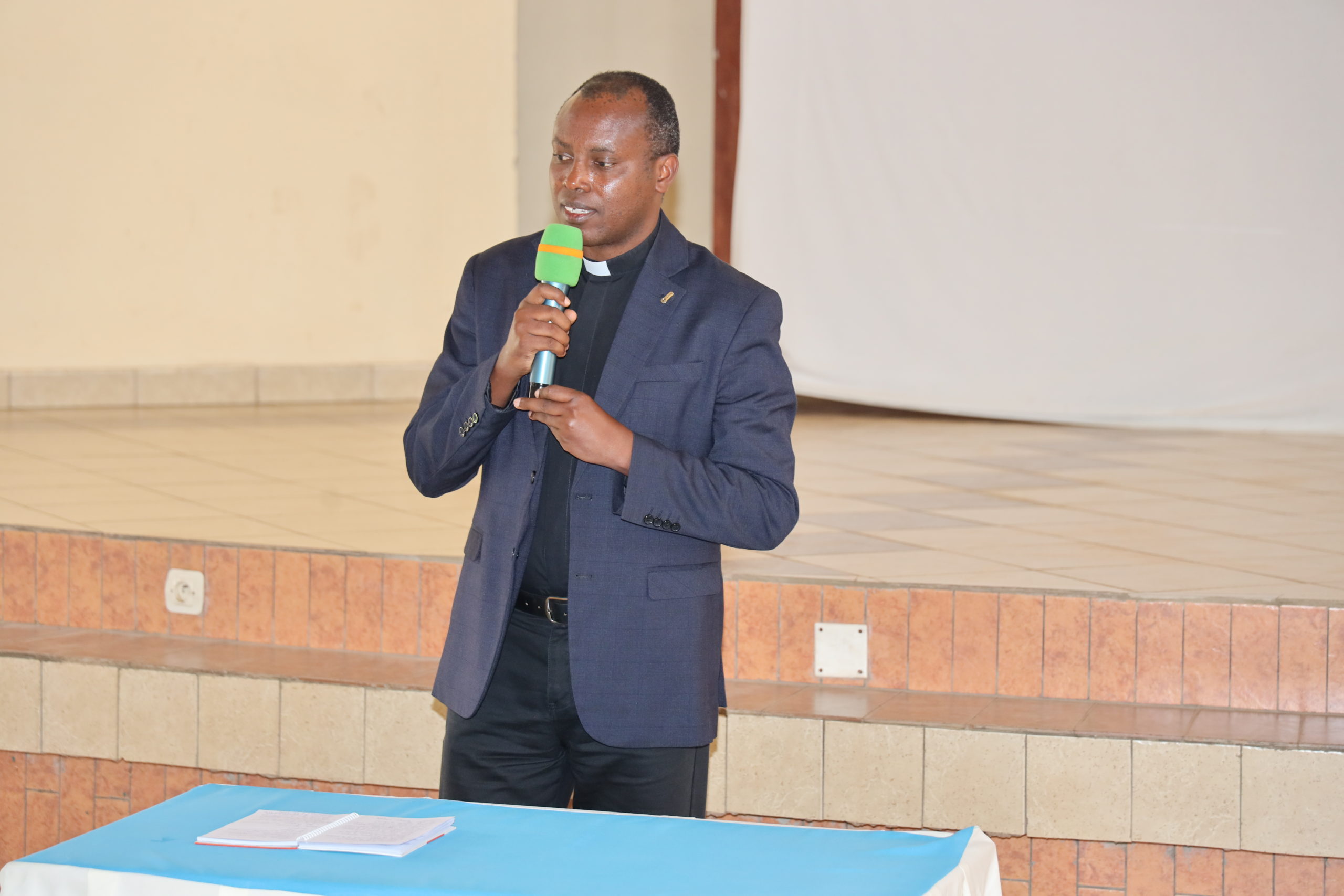
Fr. Oscar emphasized this by stating: “In the various meetings that Caritas Rwanda attends, we are often asked to share our experiences so that others can learn from us. Coming together in this way strengthens us, enhances our image, and enables us to collaborate more effectively with different partners.”
Participants agreed to finalize and improve their activity reports, with a deadline set for March 16, 2026.
[1] https://caritasrwanda.org/wp-content/uploads/2025/03/SPlan-Caritas-Rwanda-FNL-2530-20032025-Final-compressed.pdf page 11.

